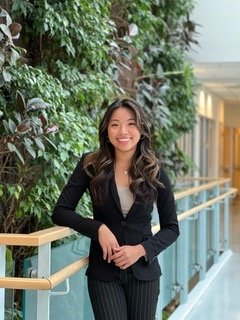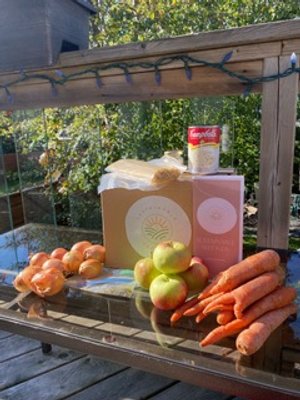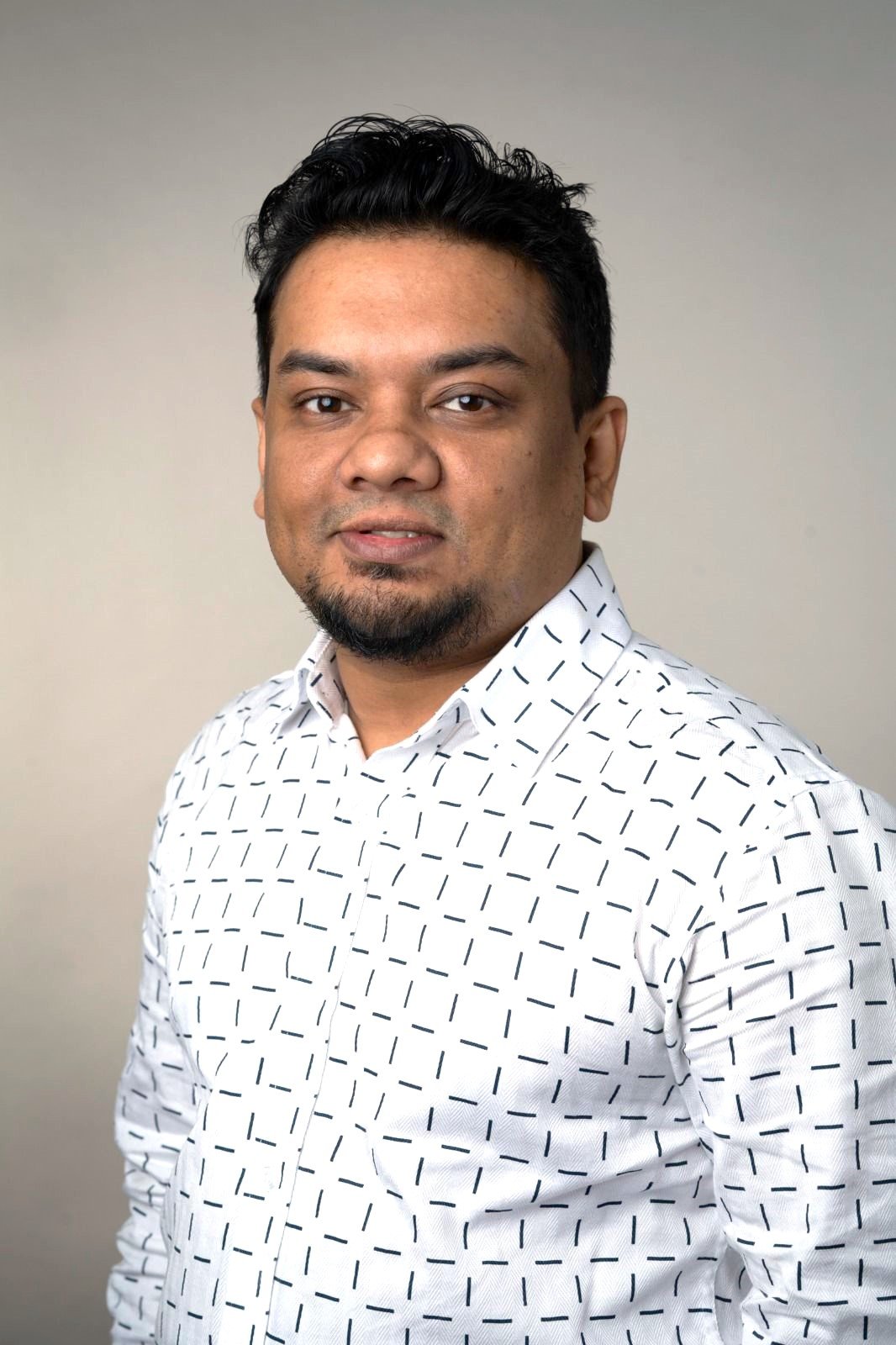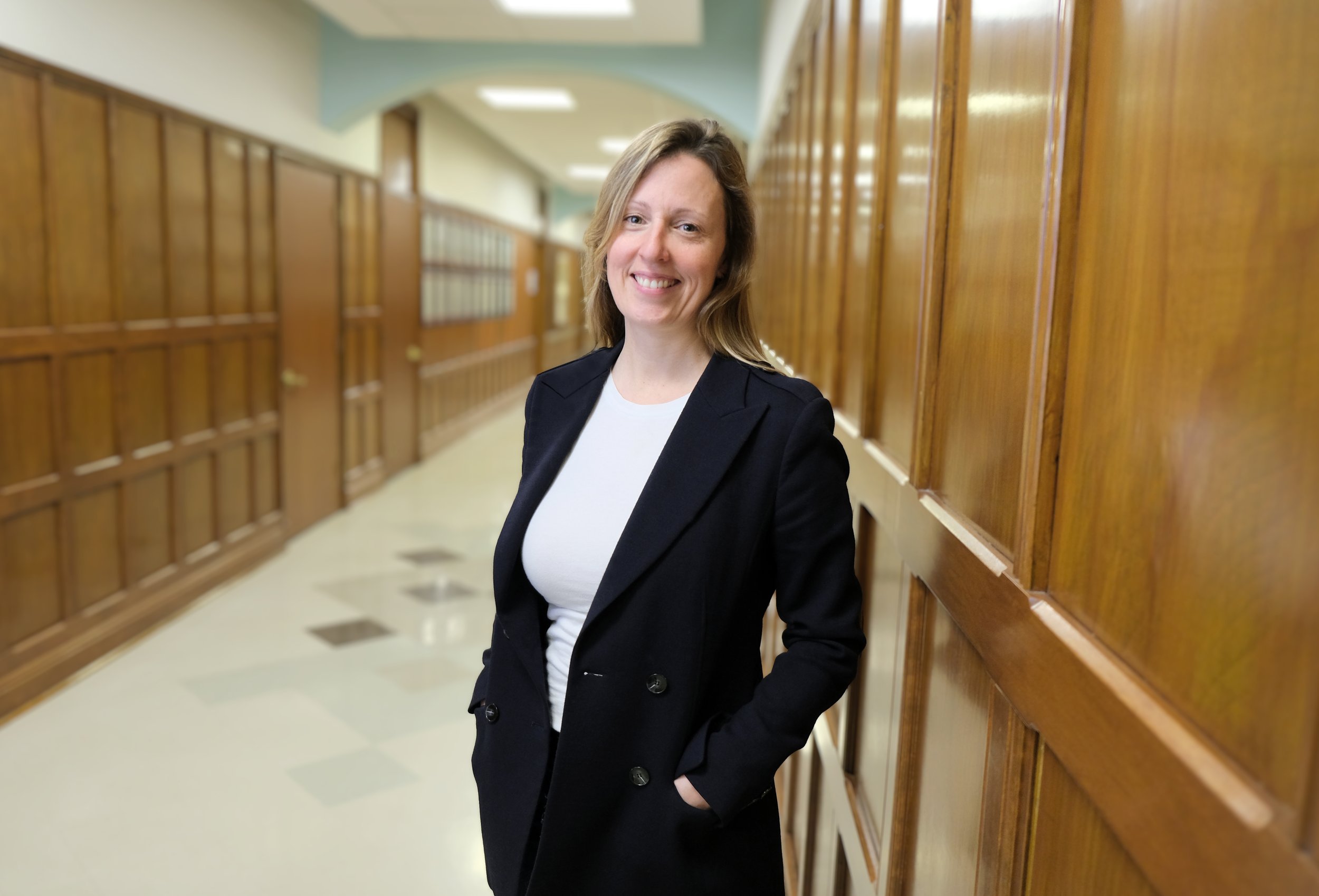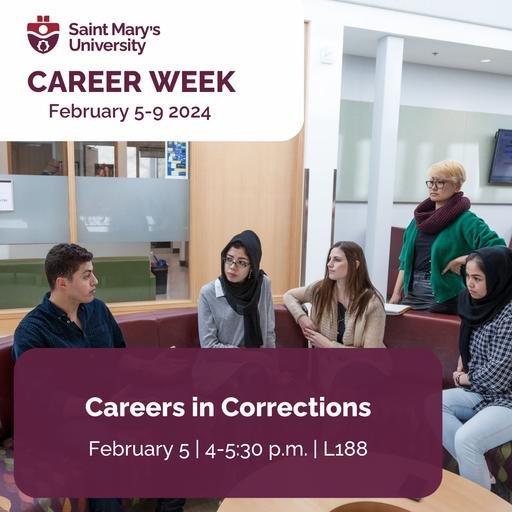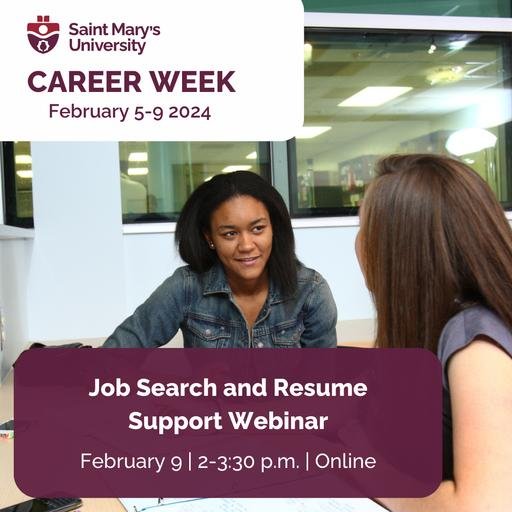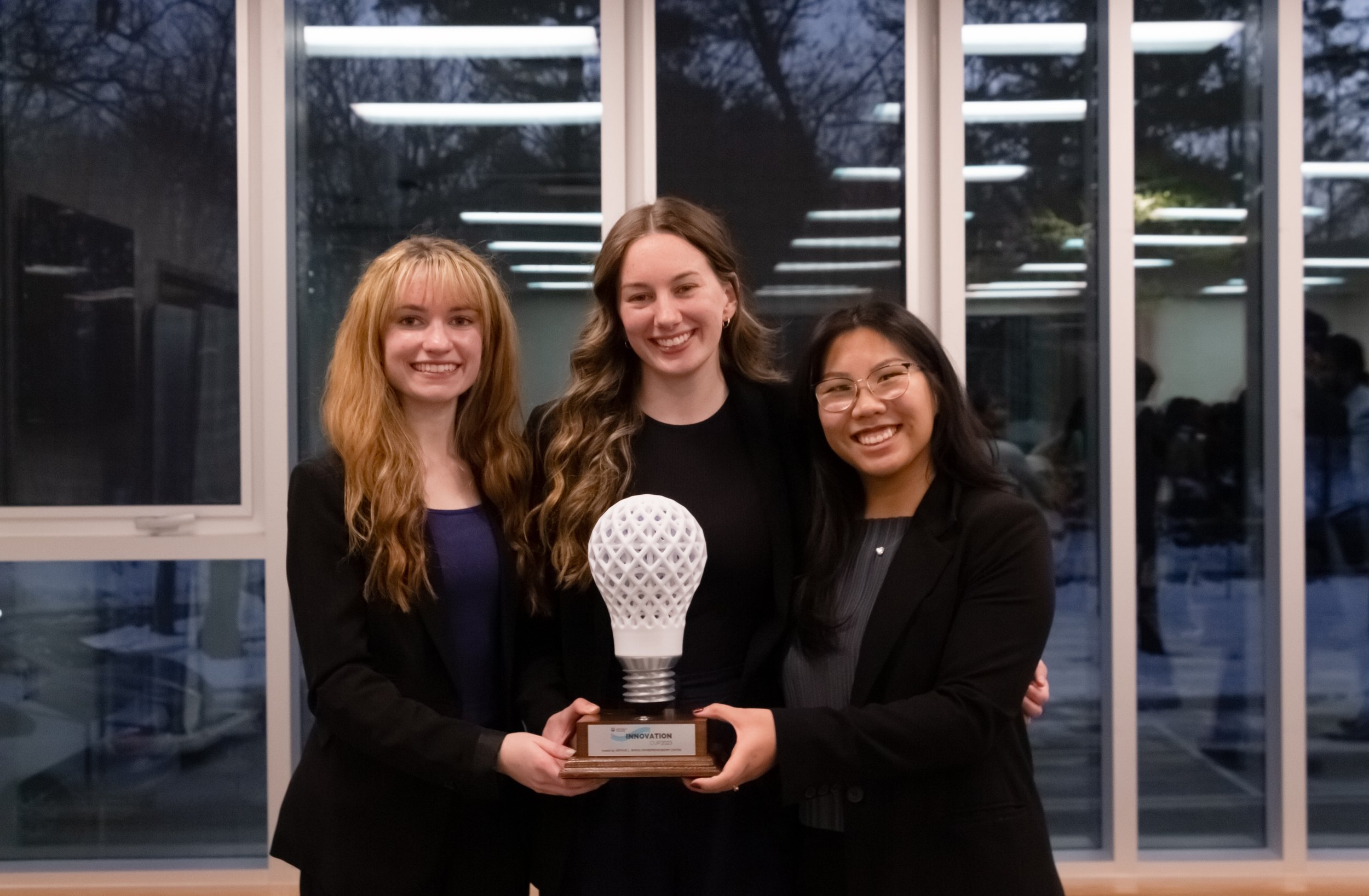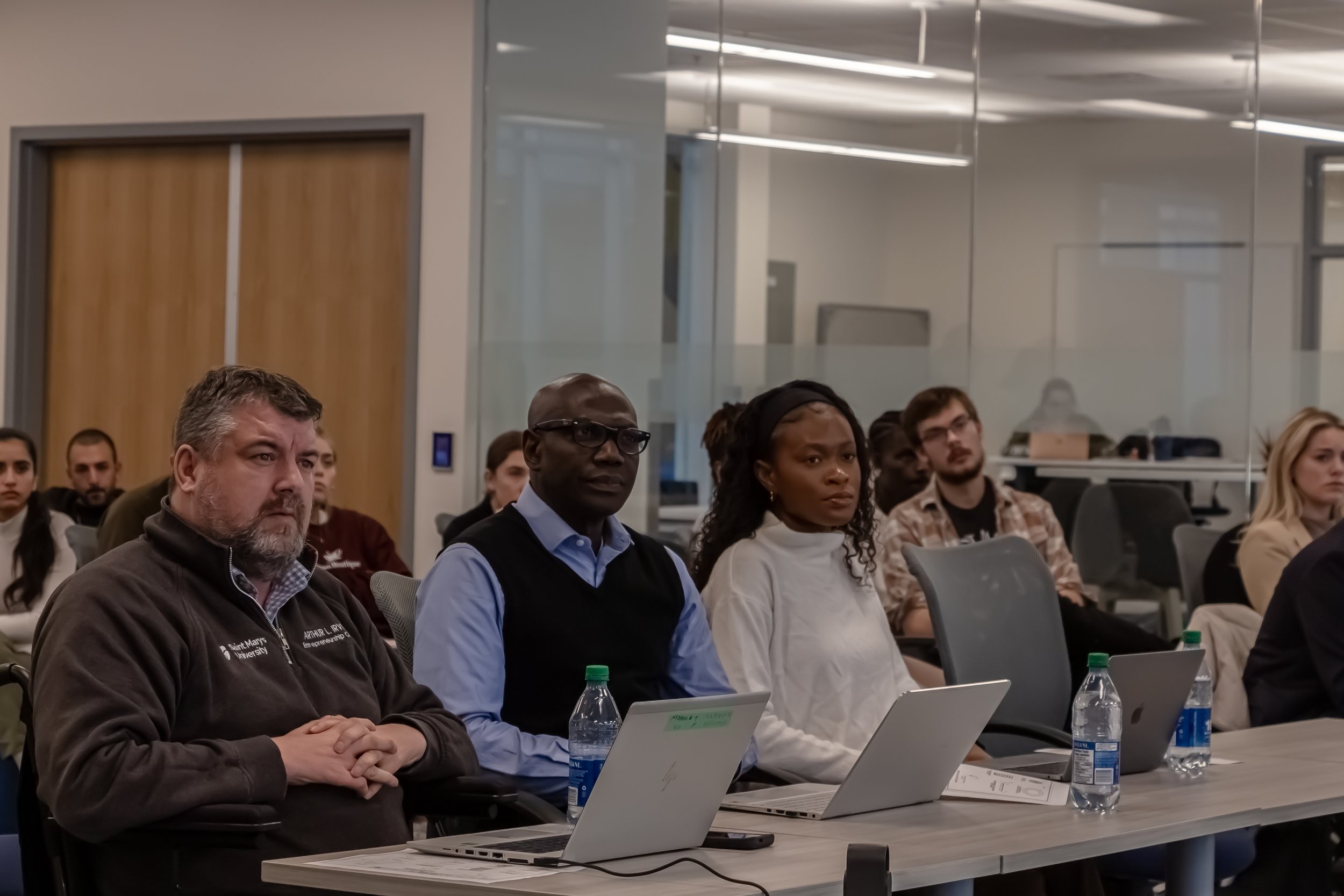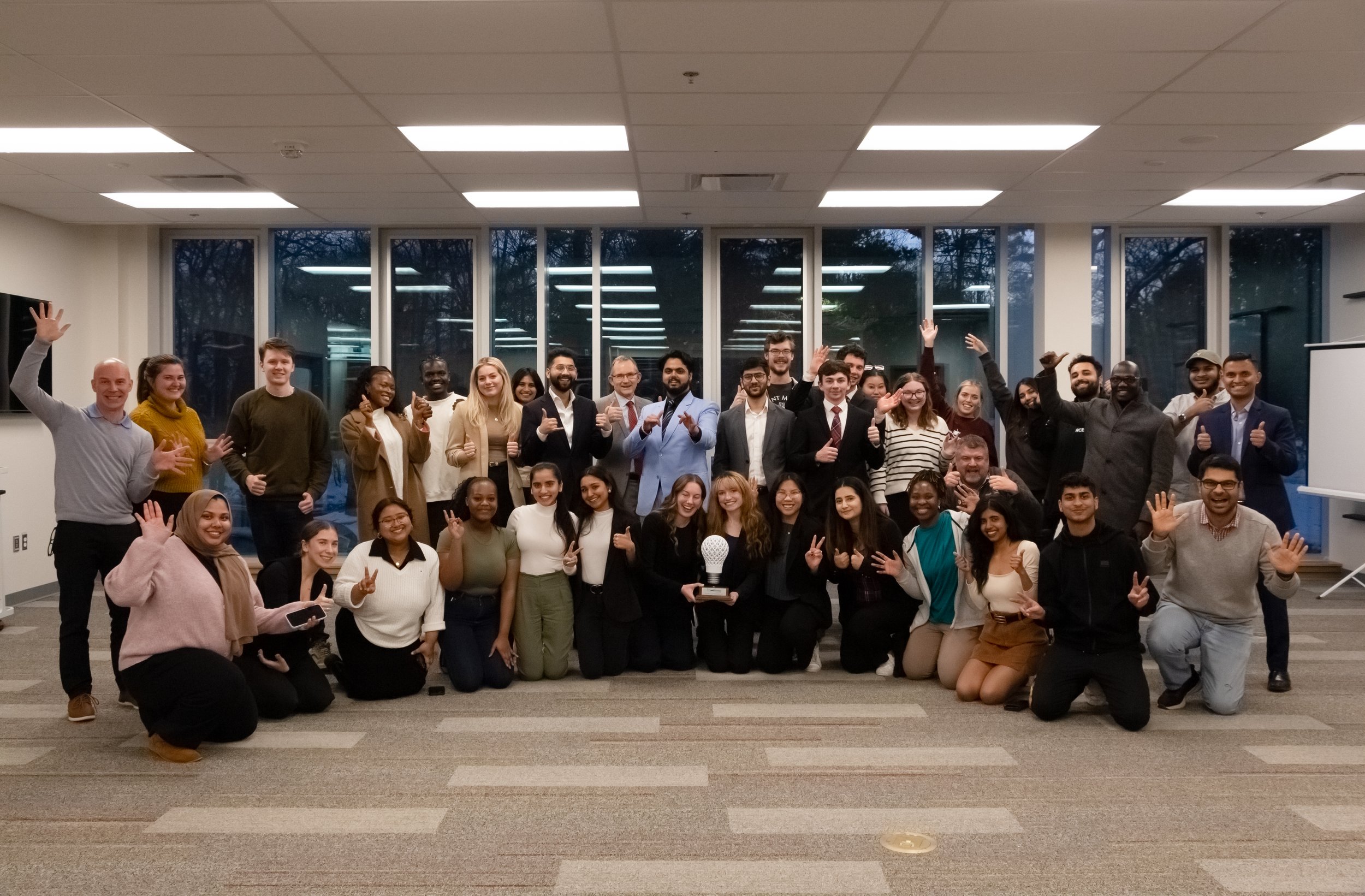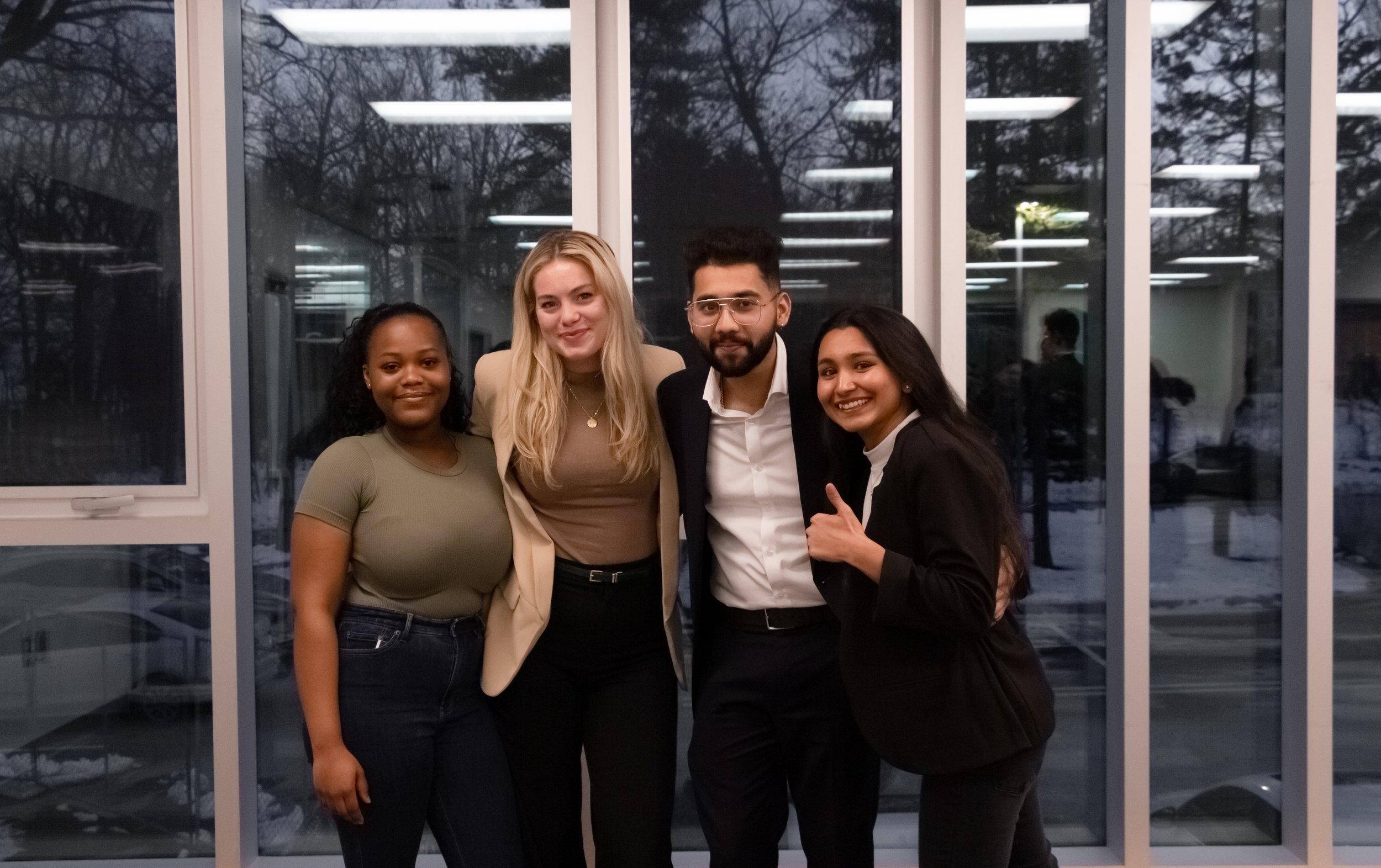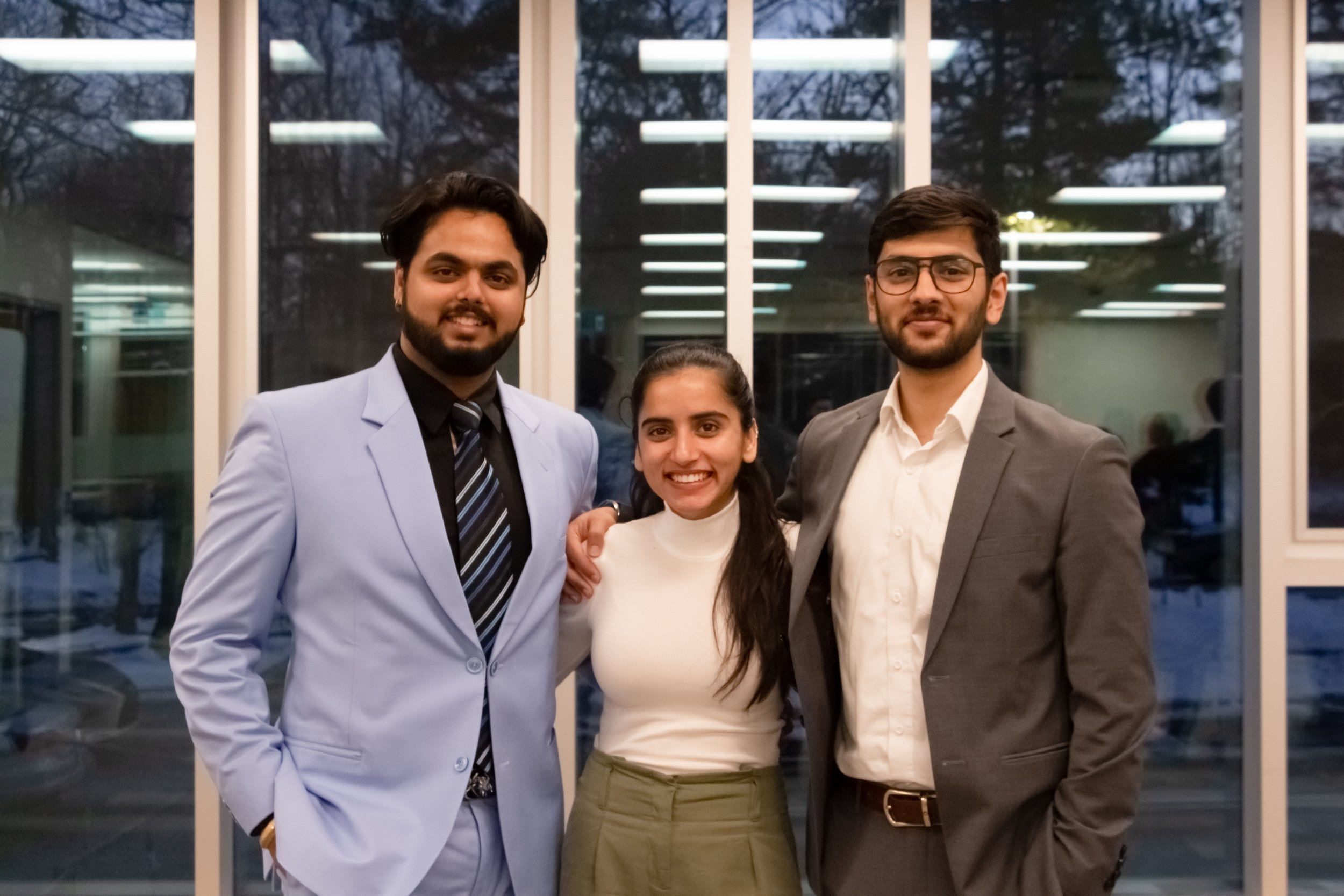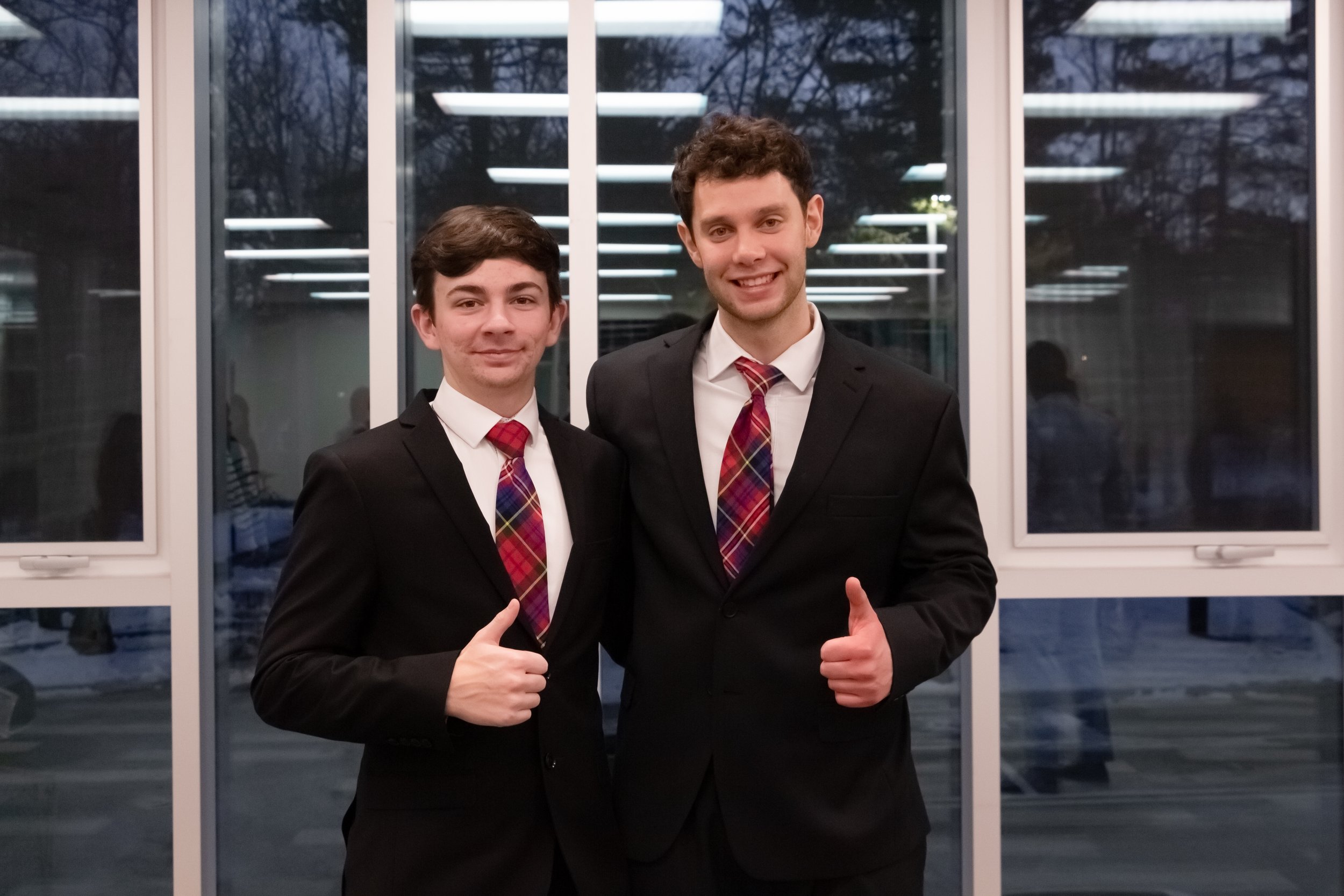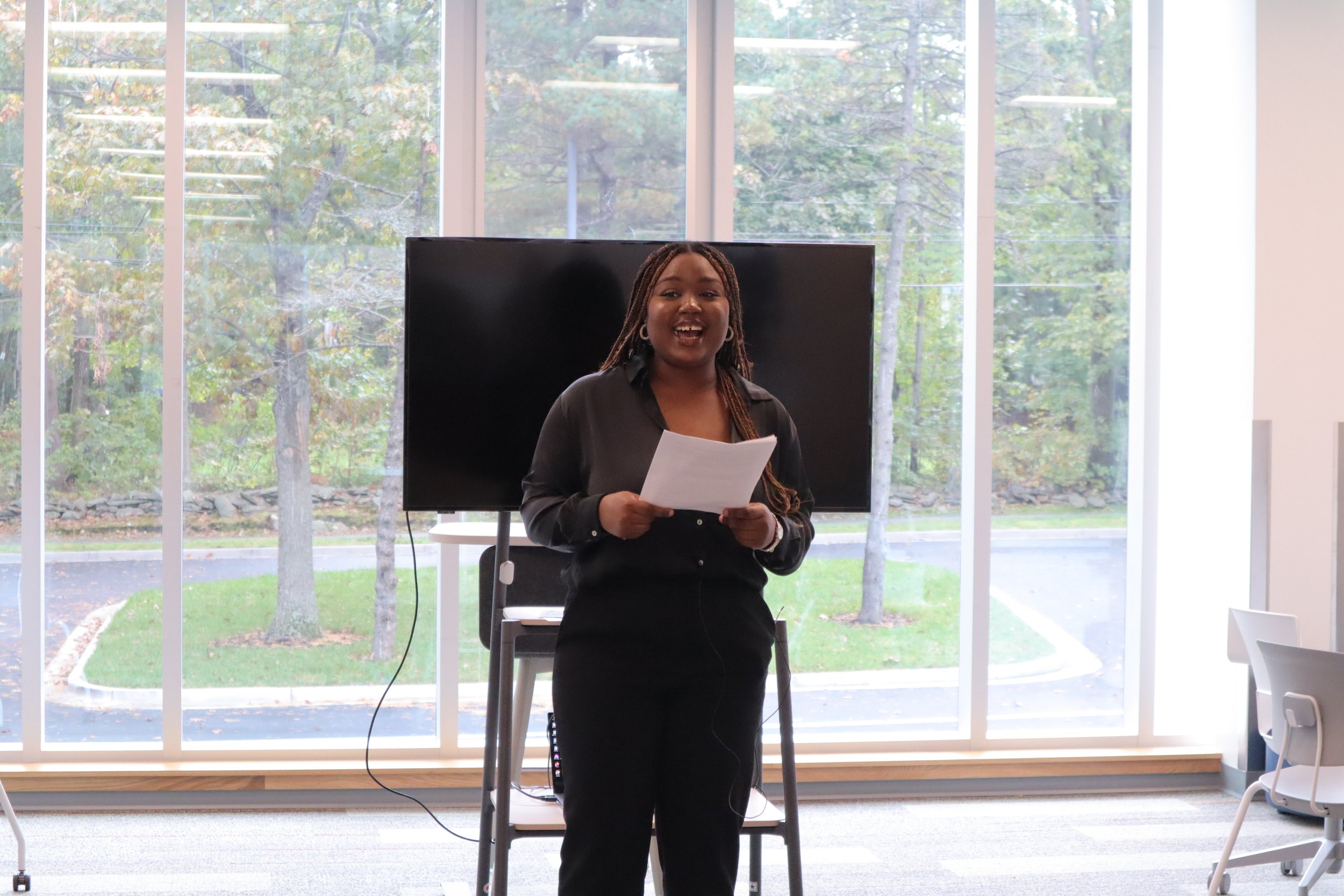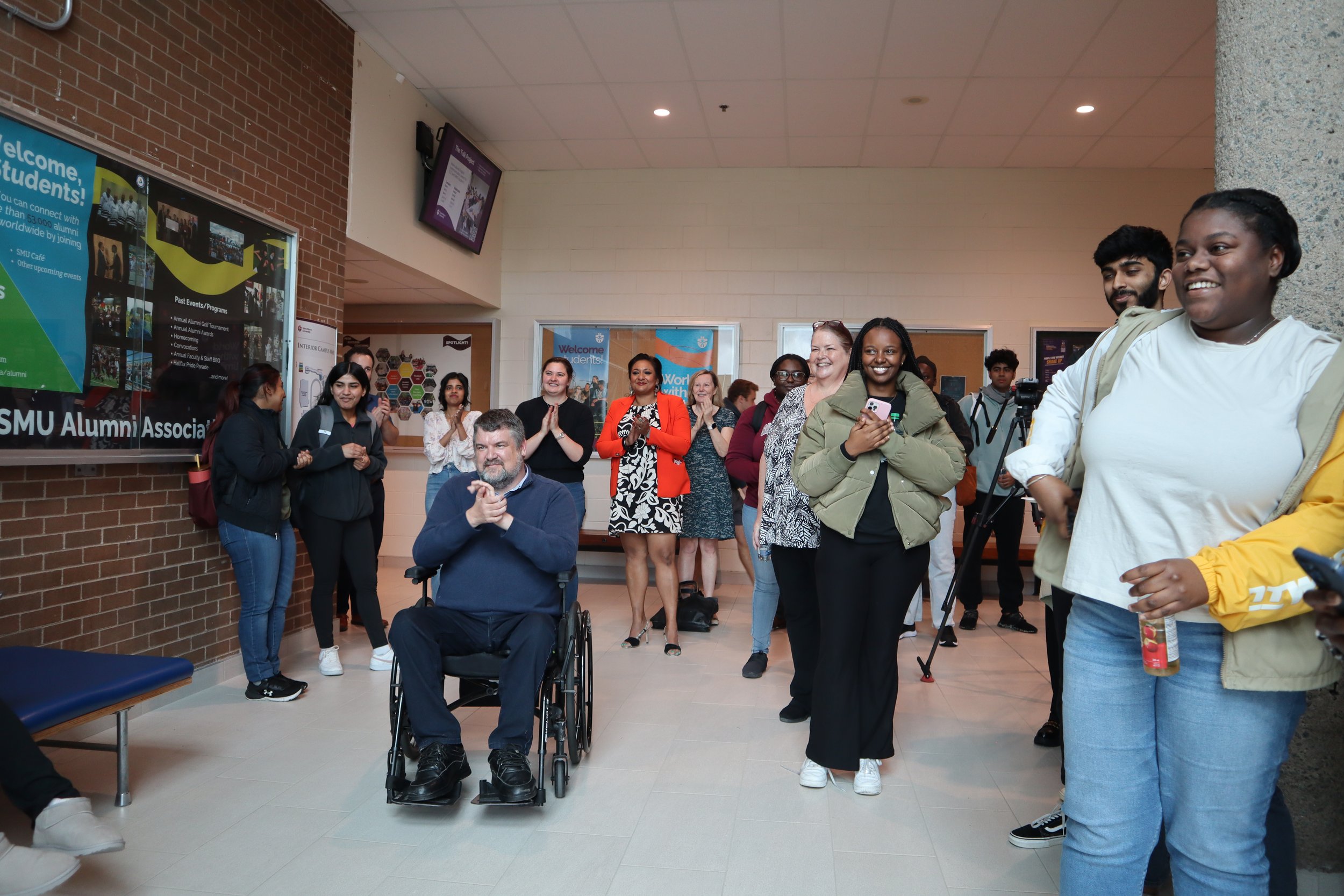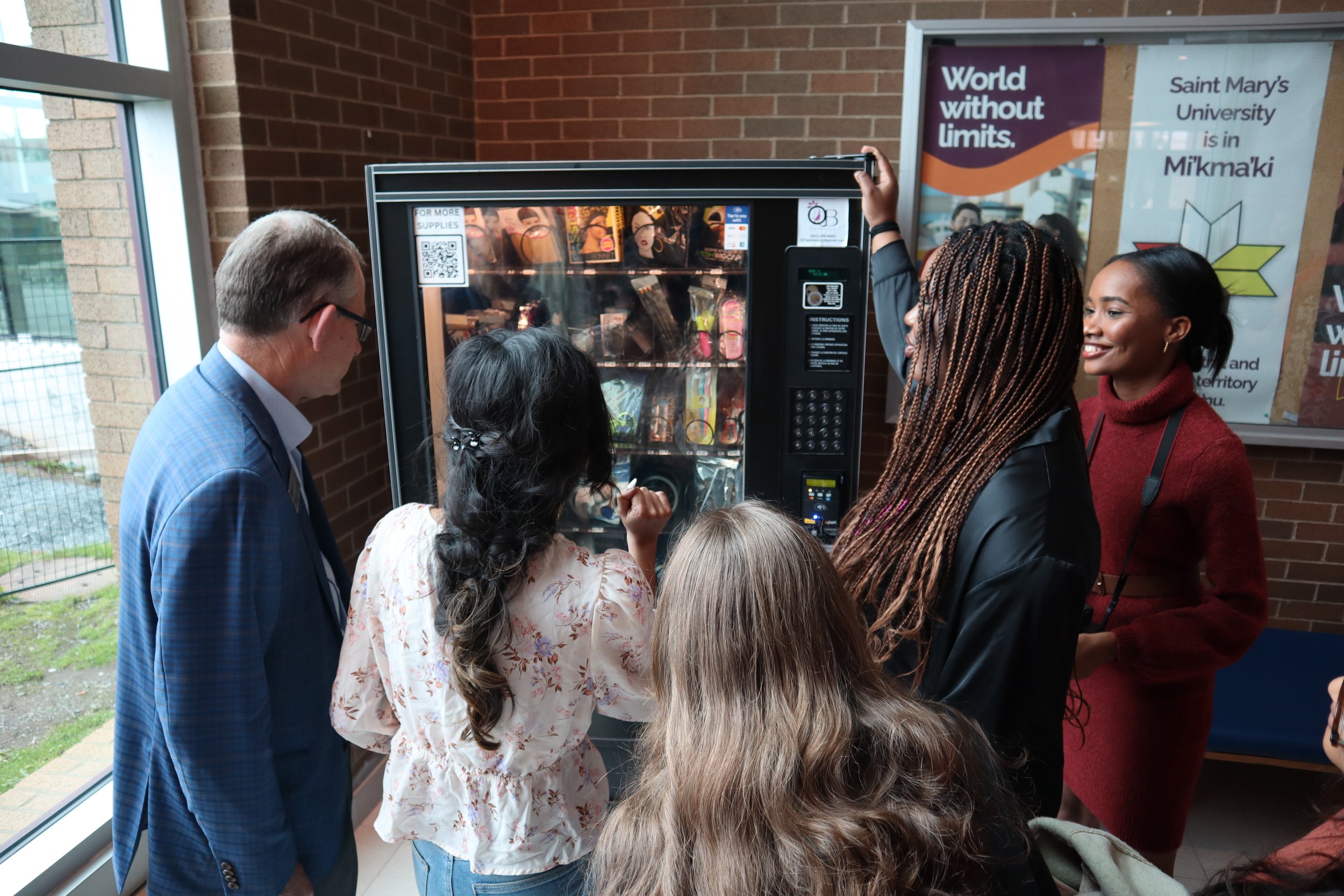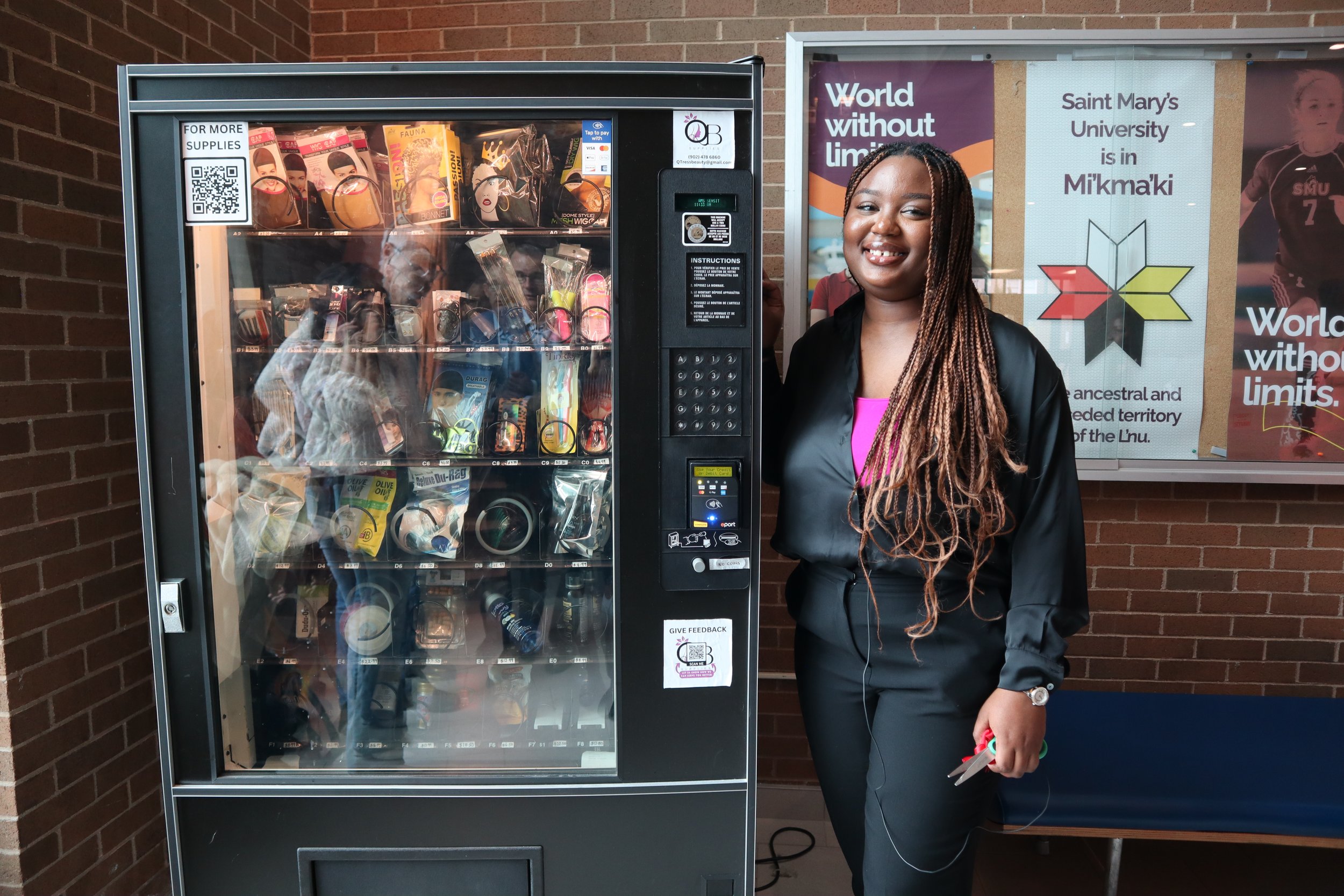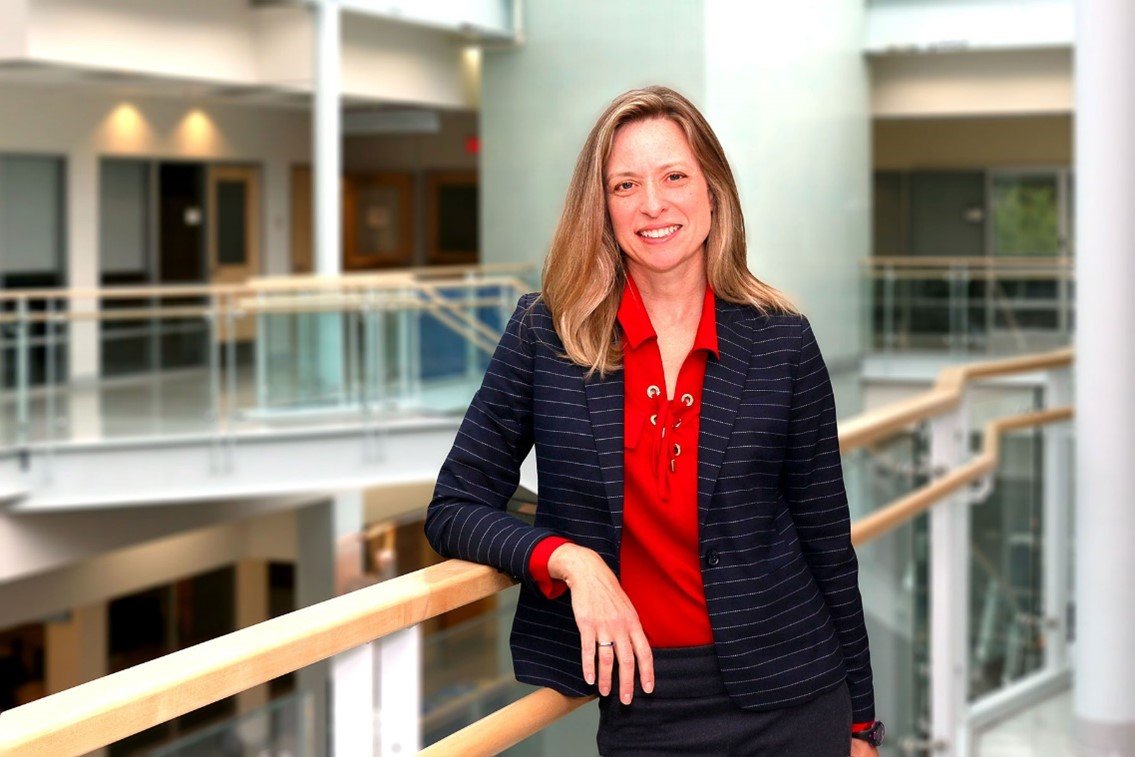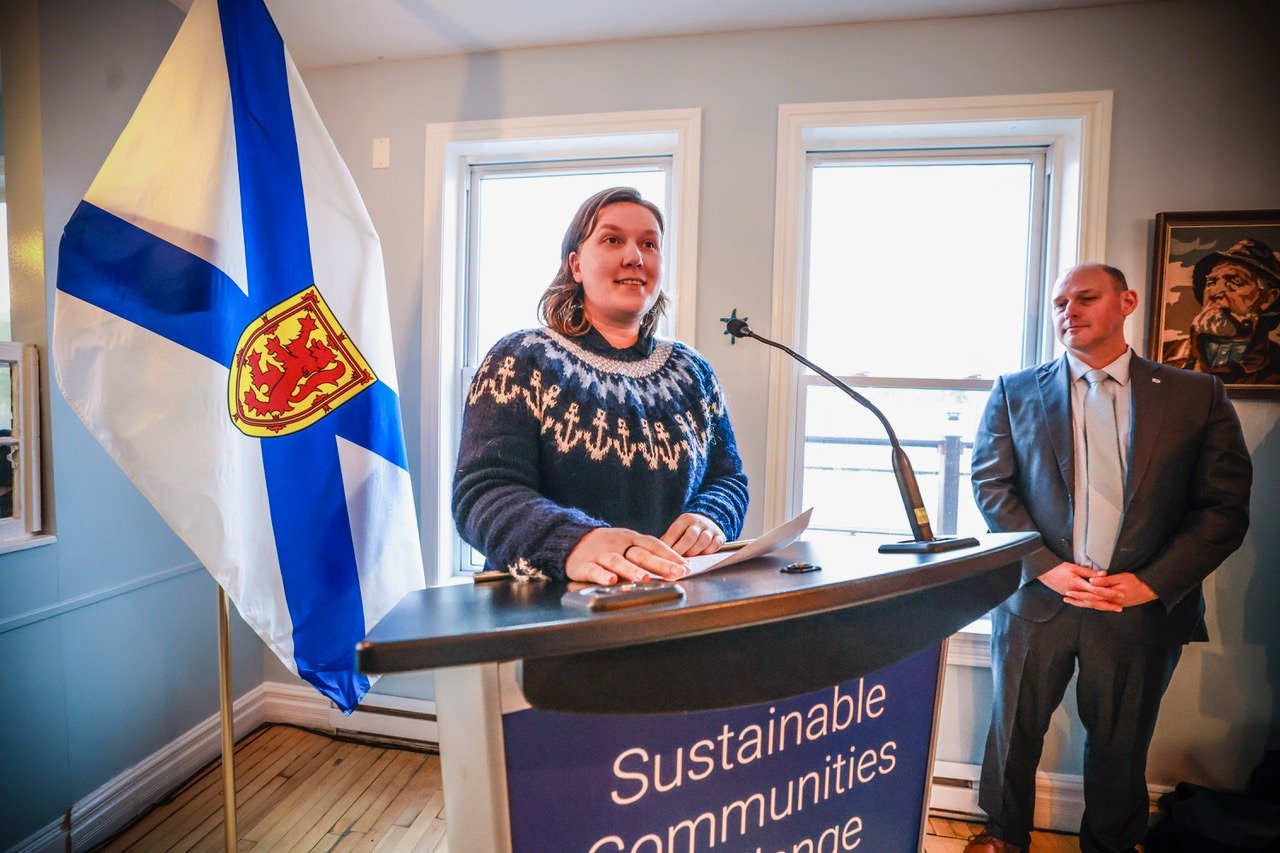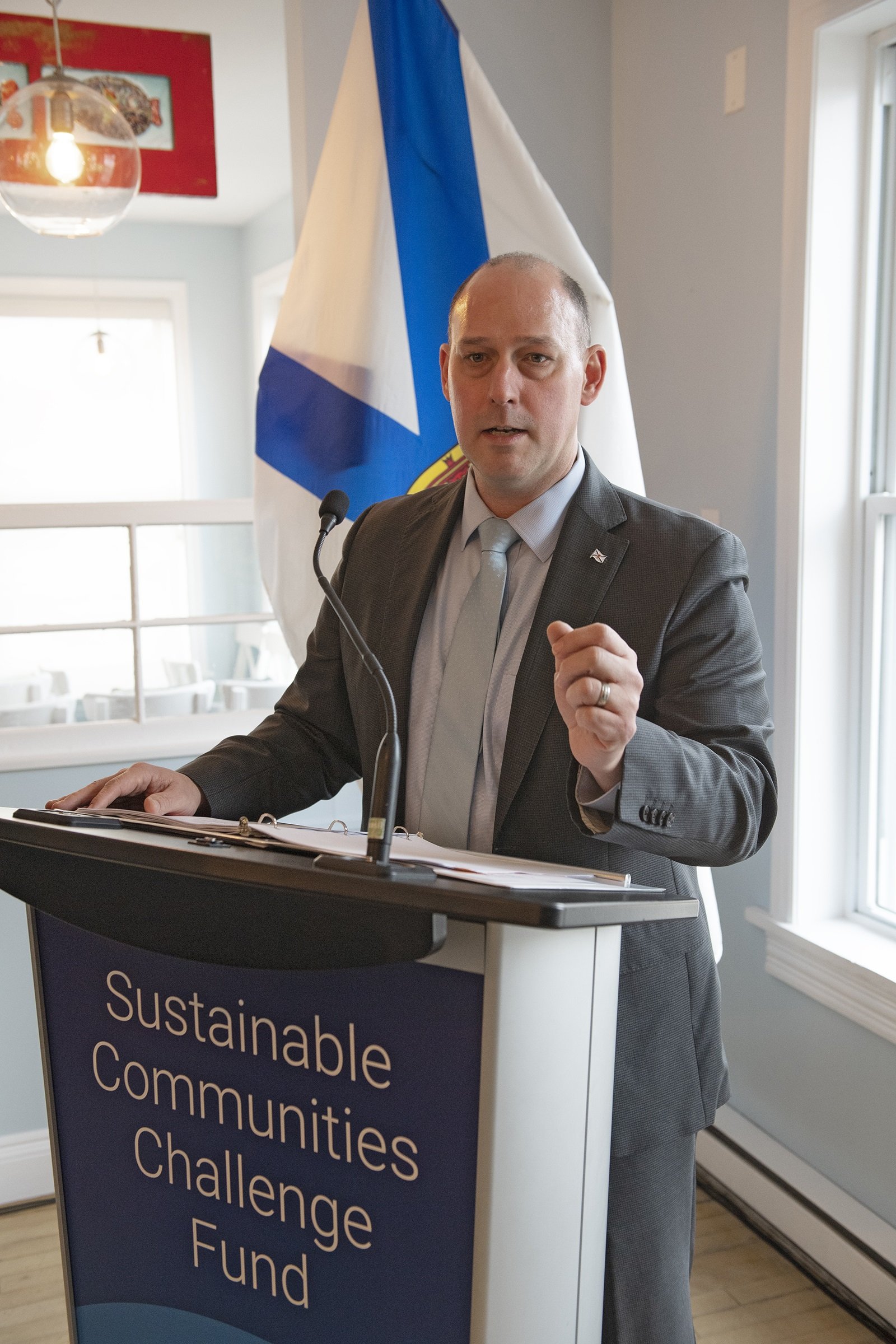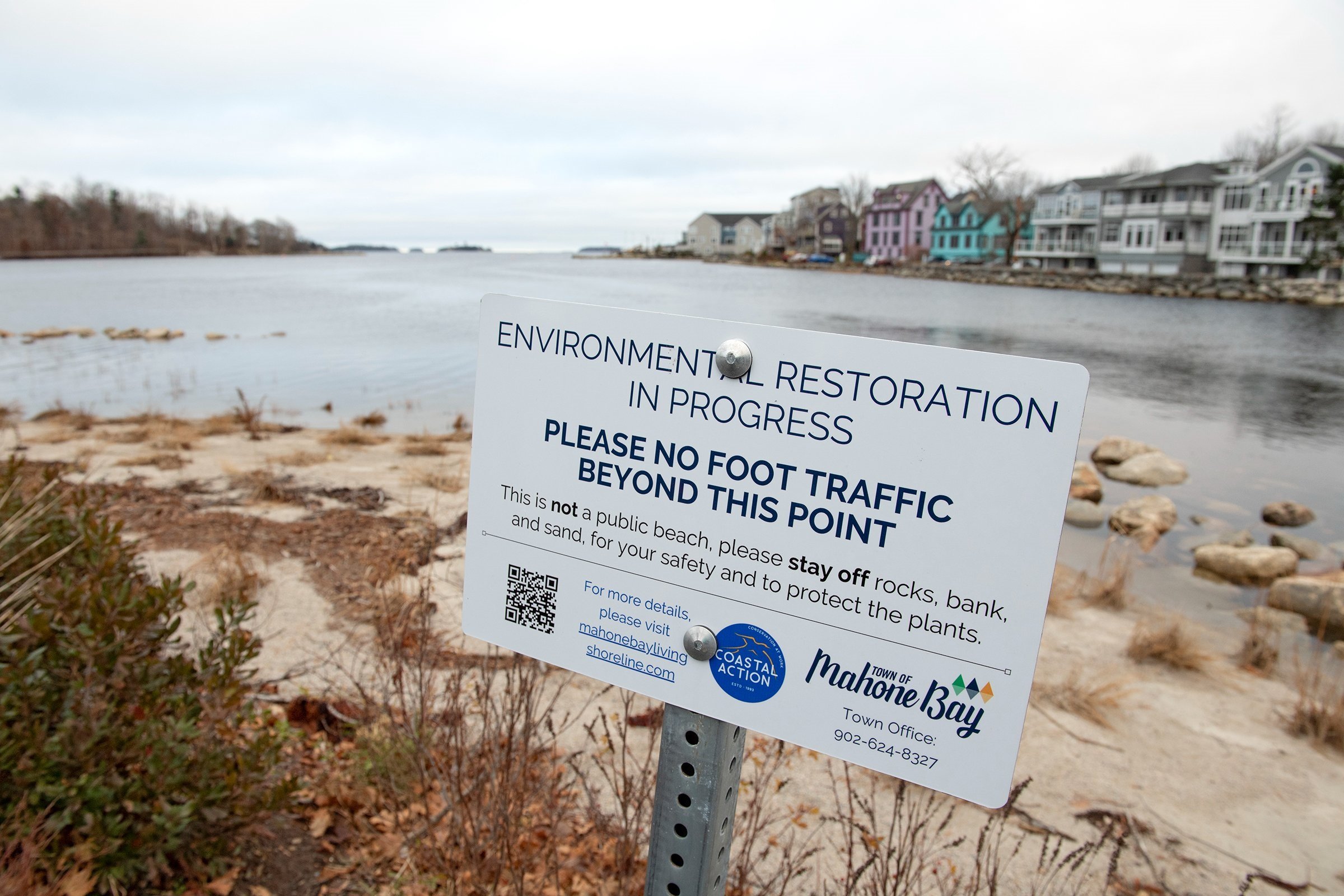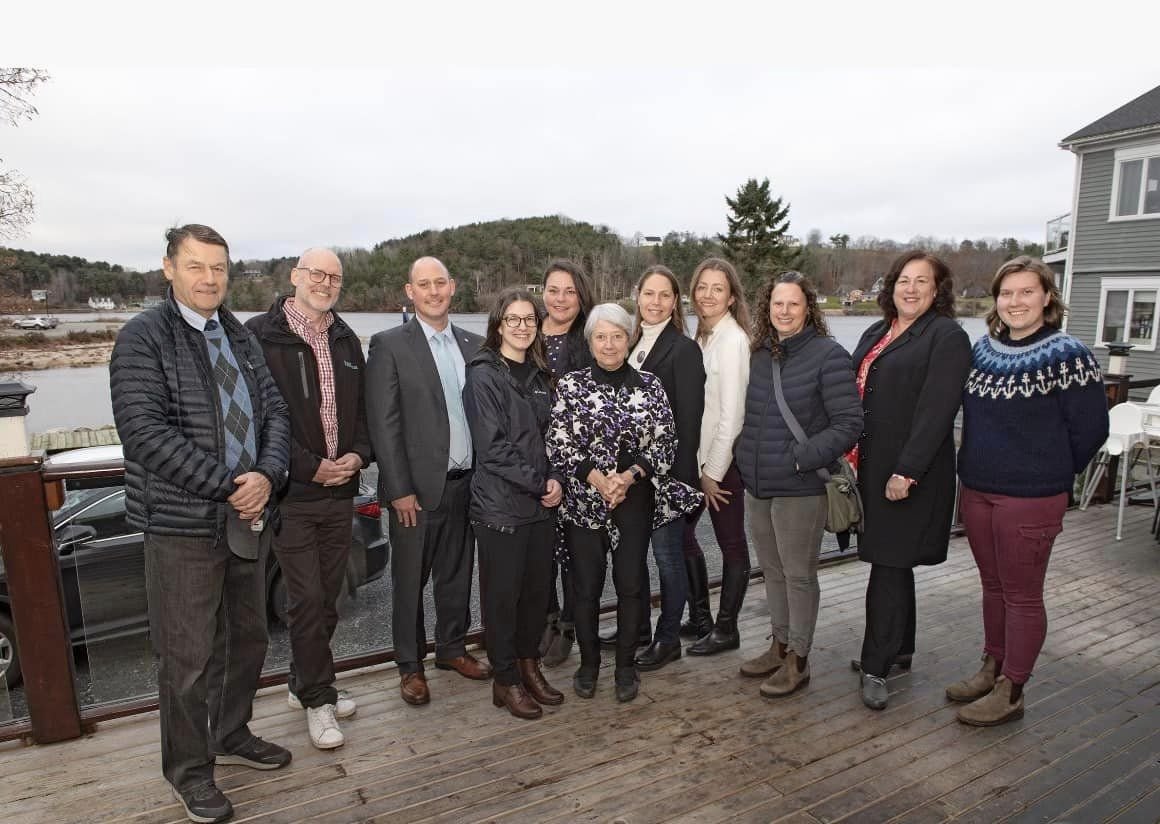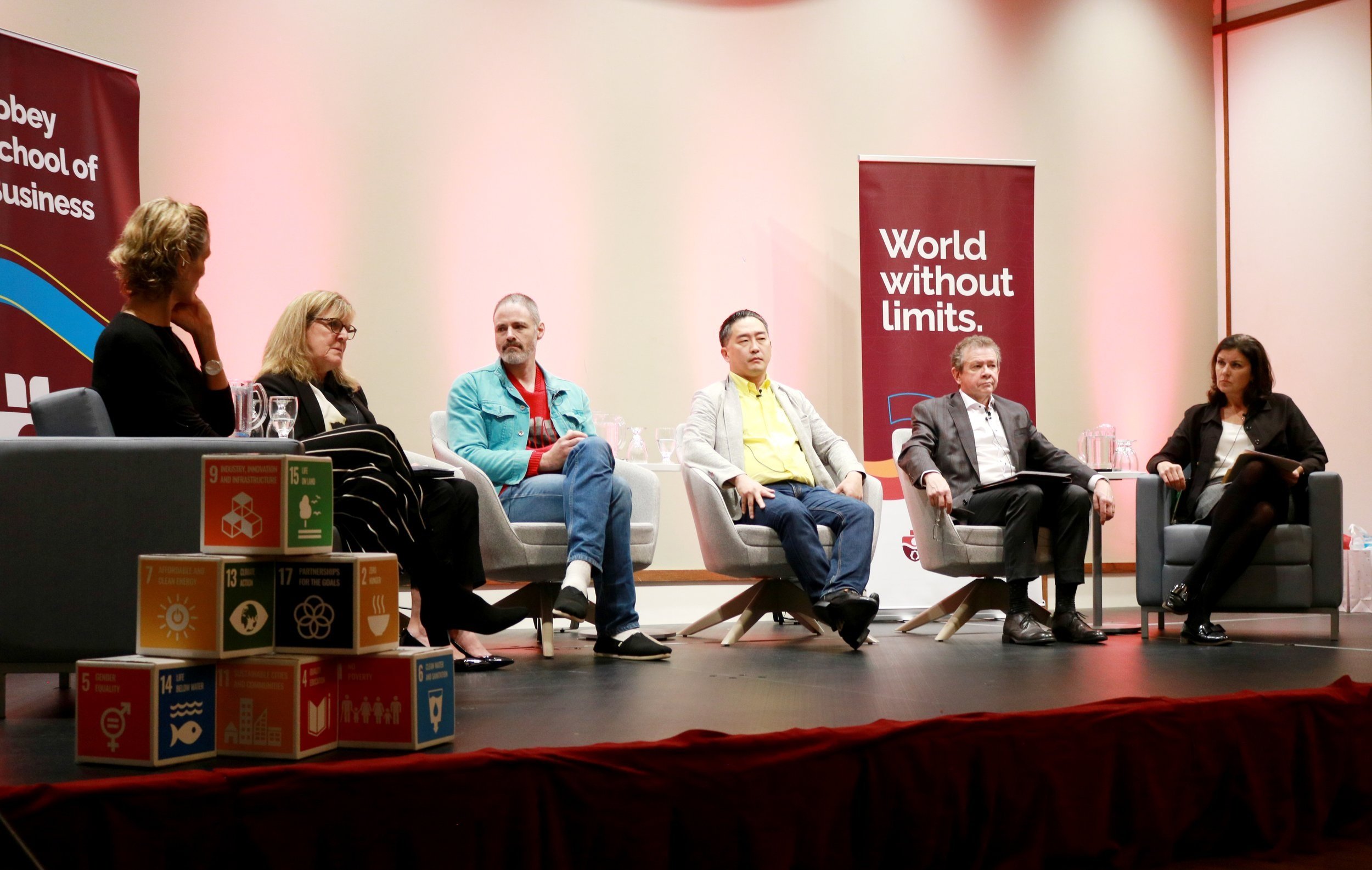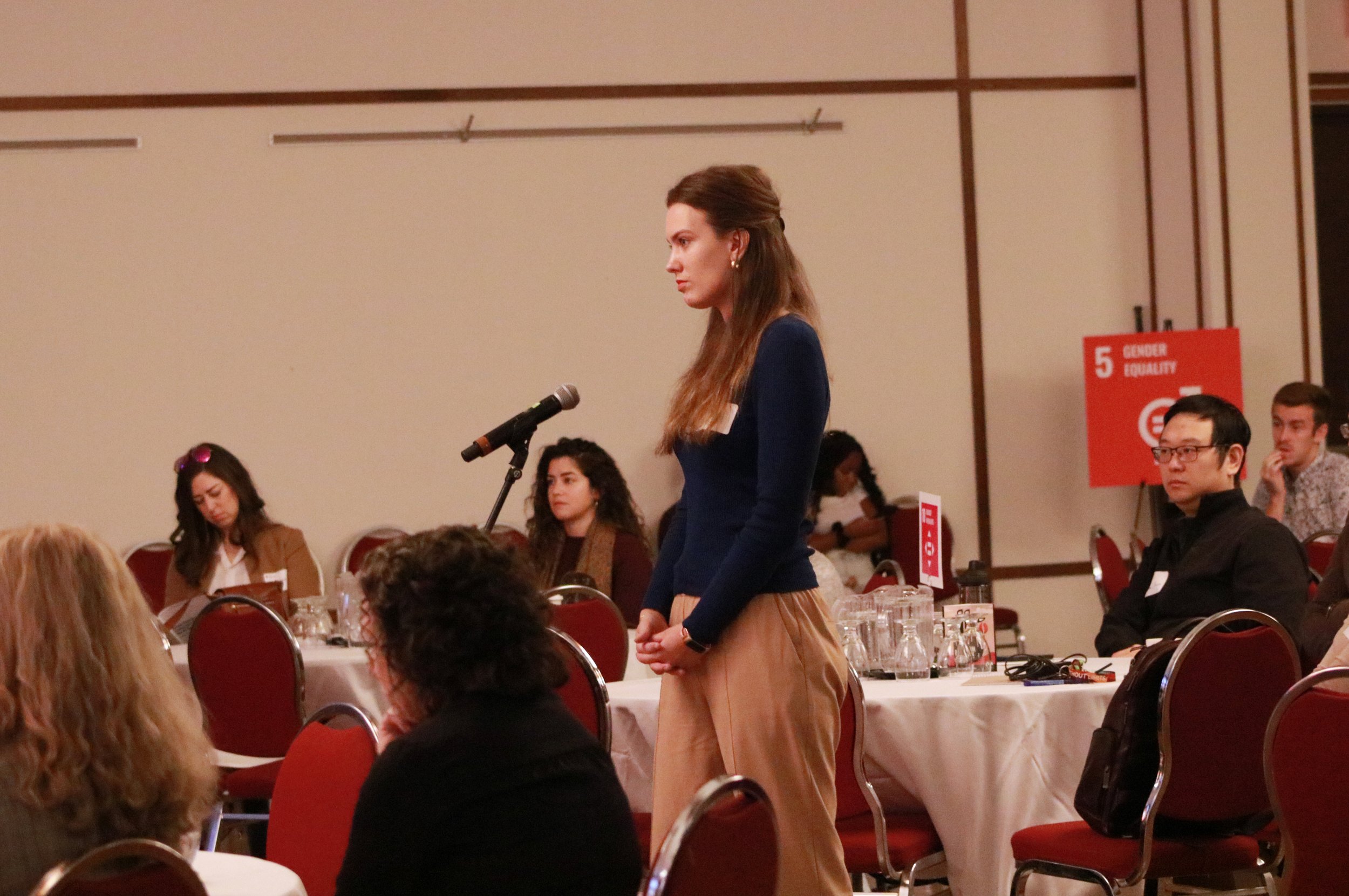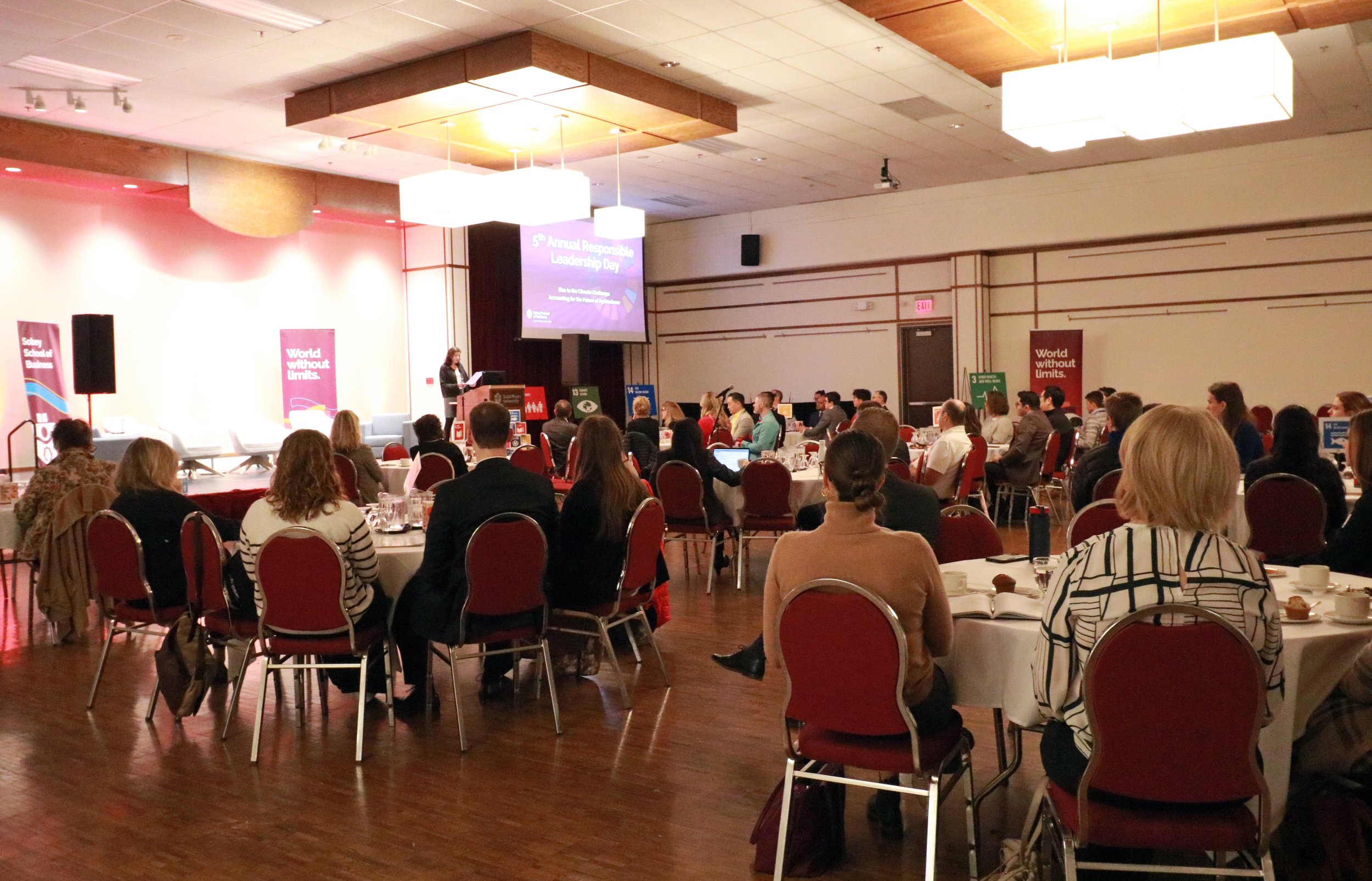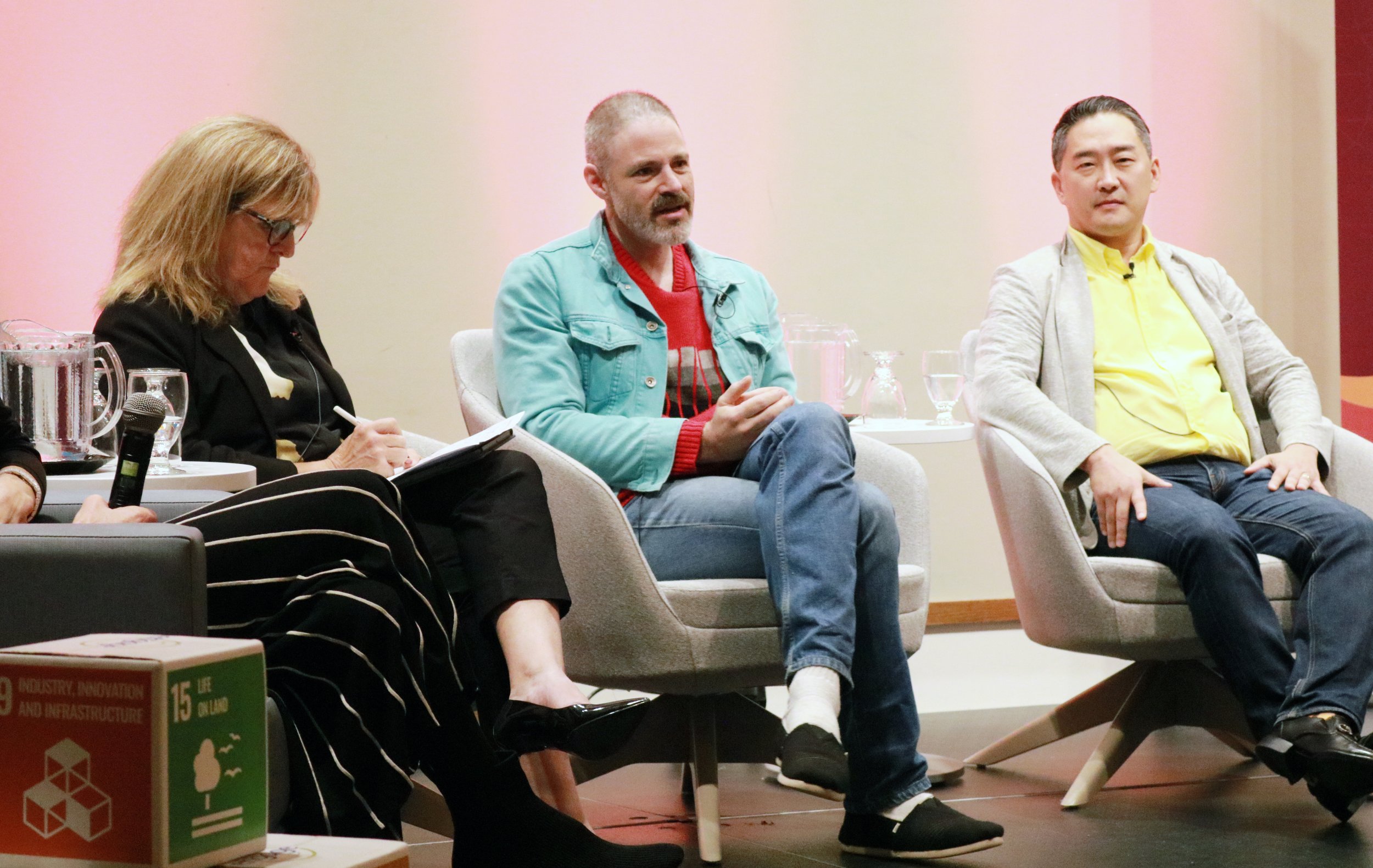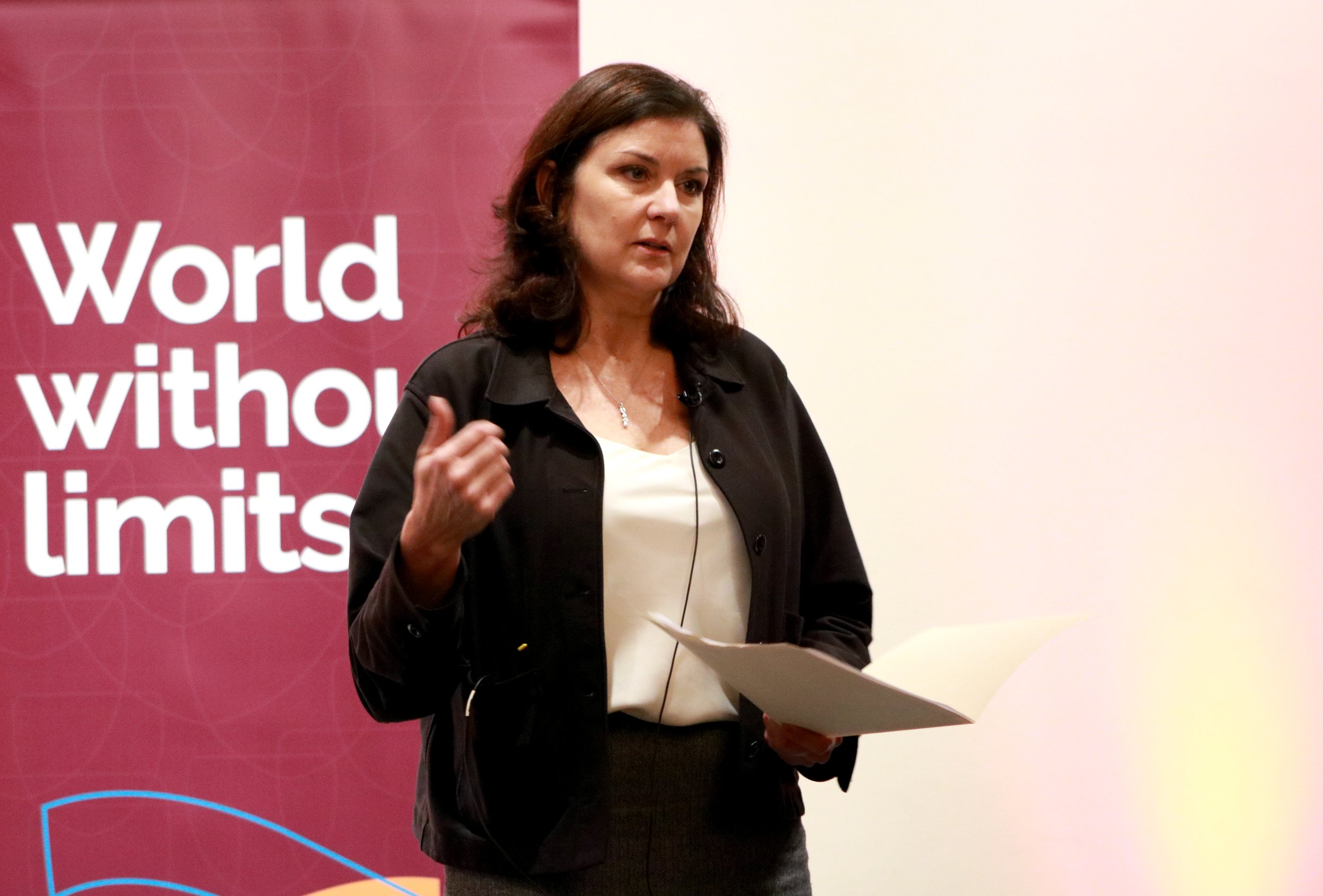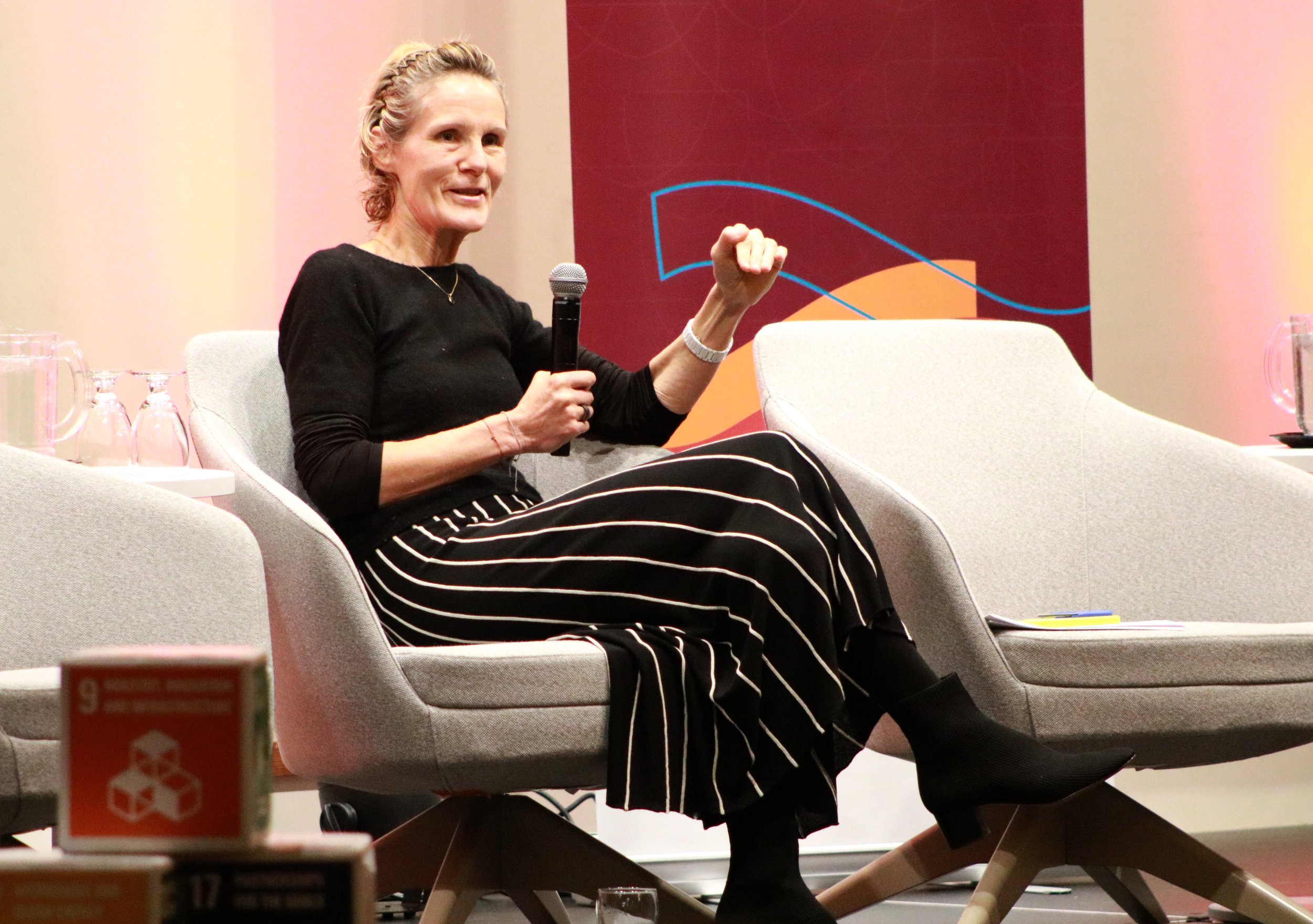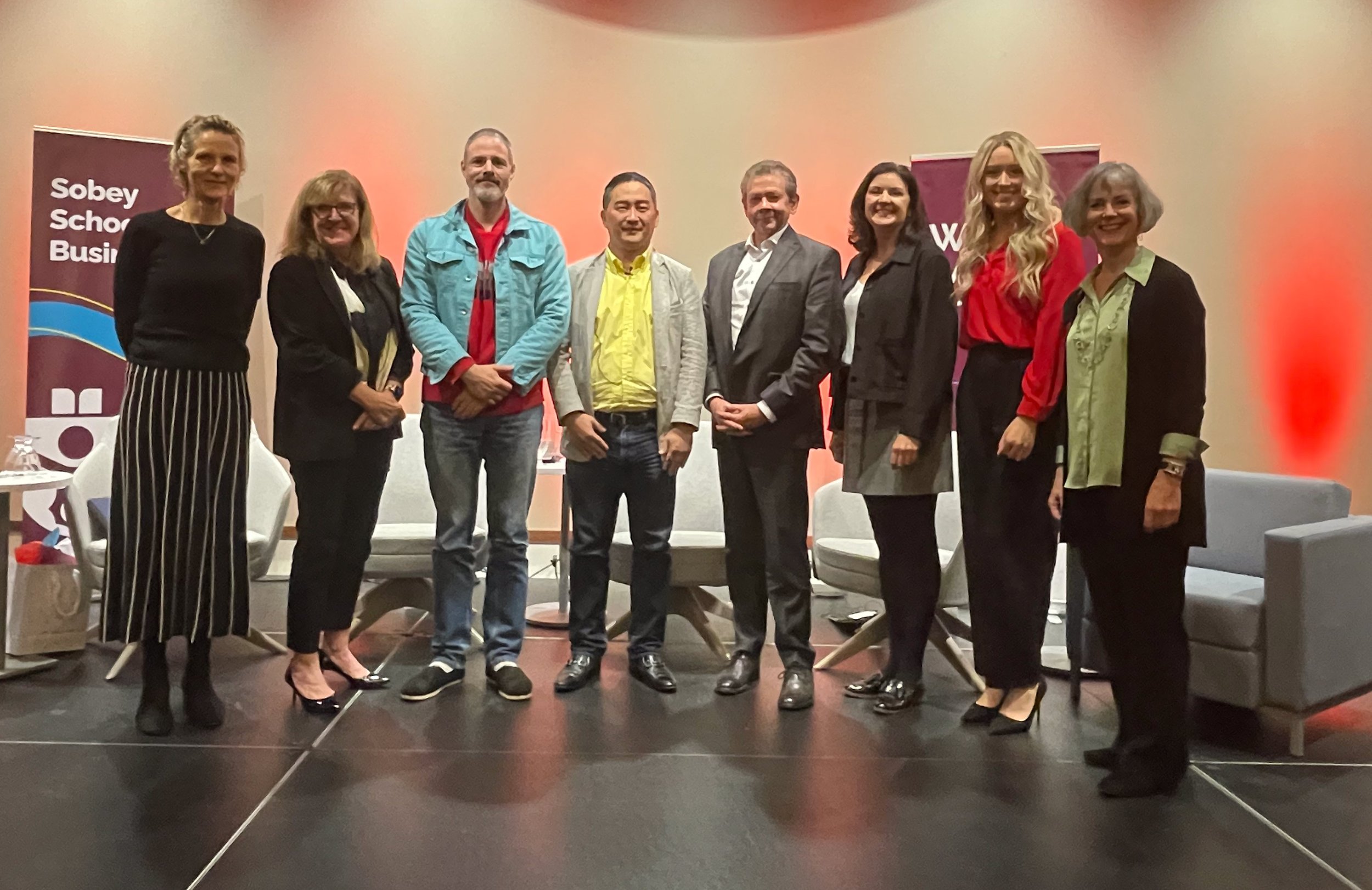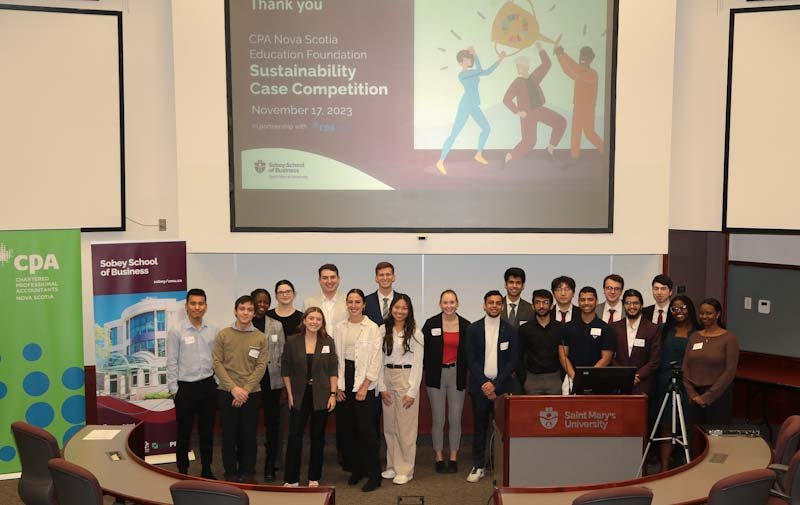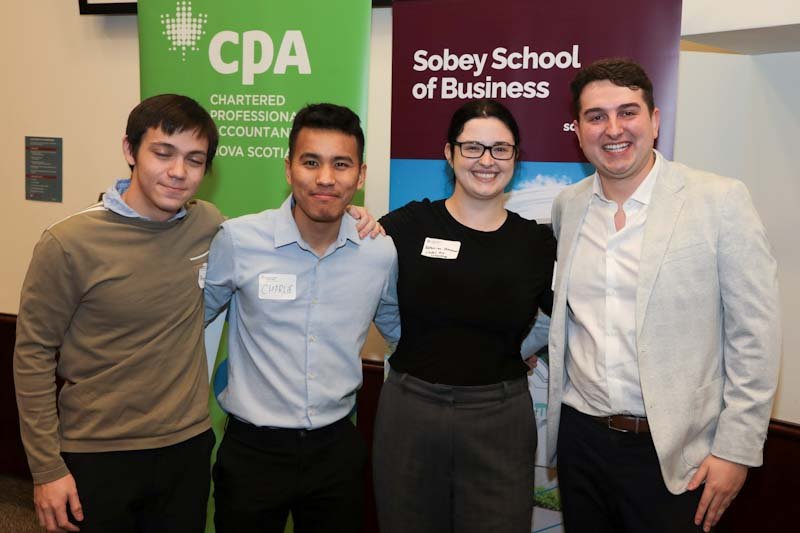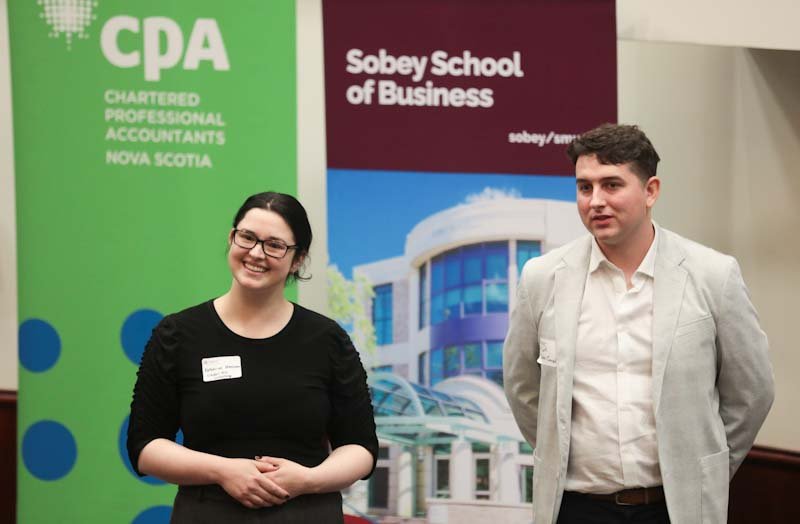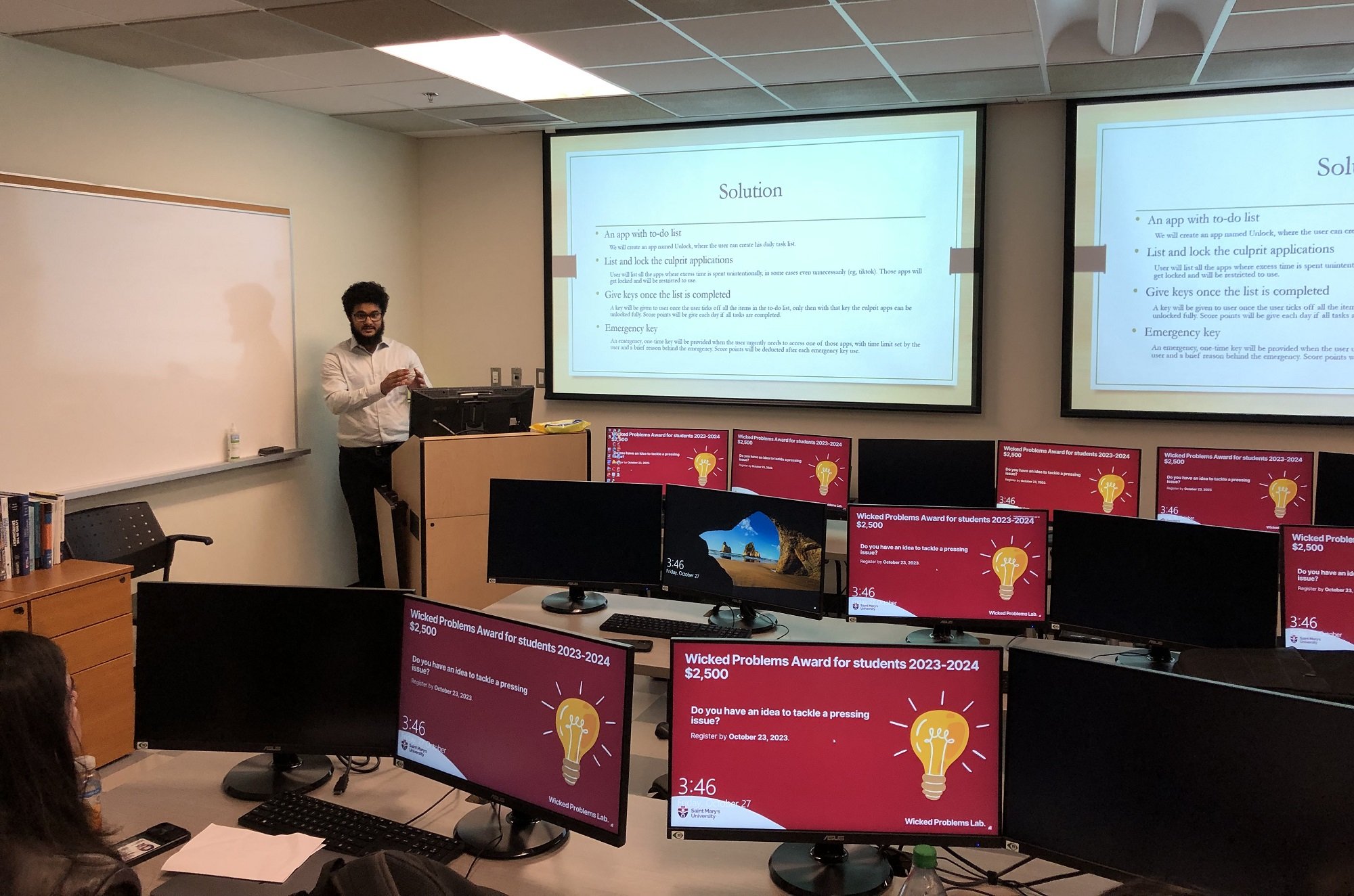
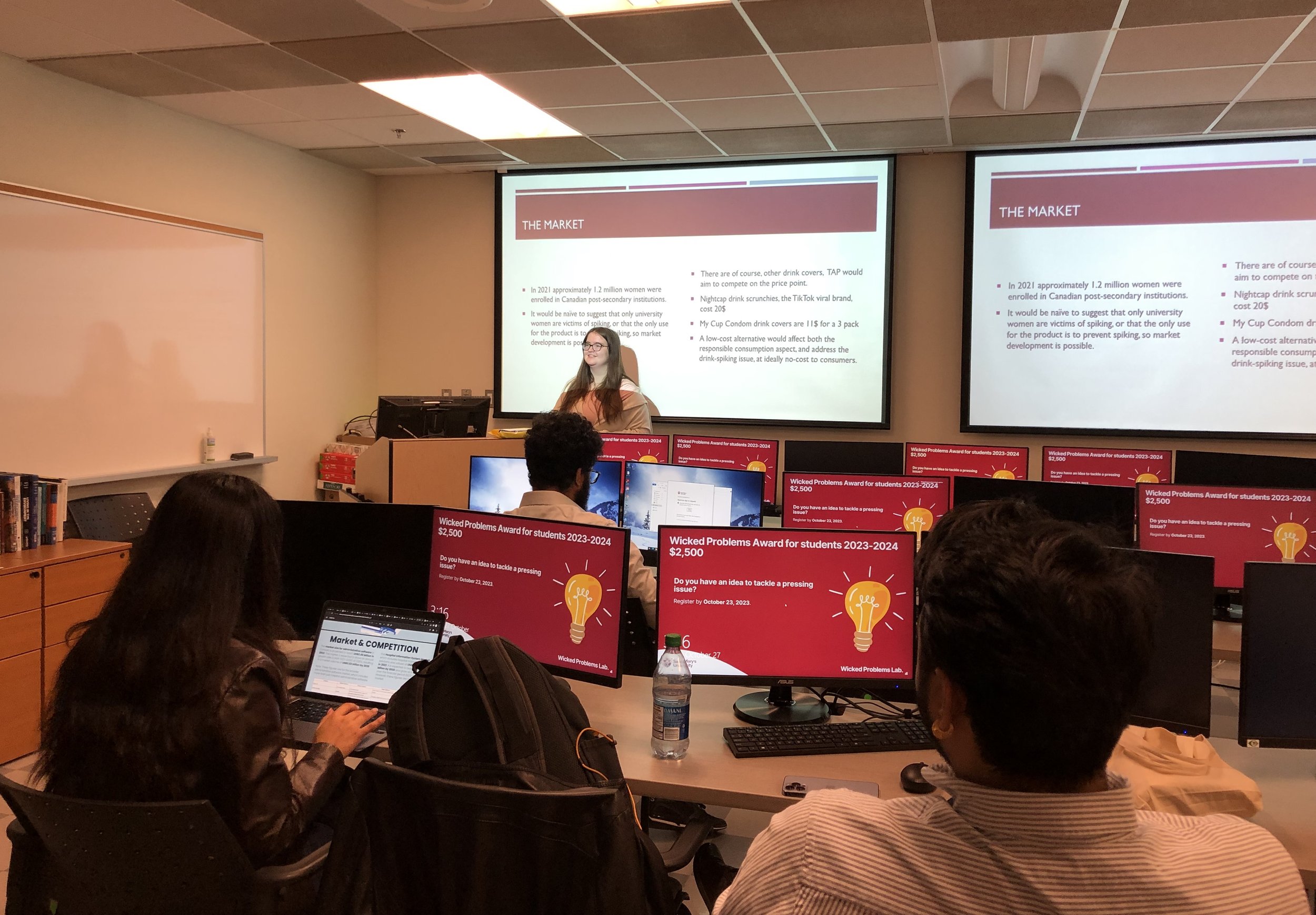
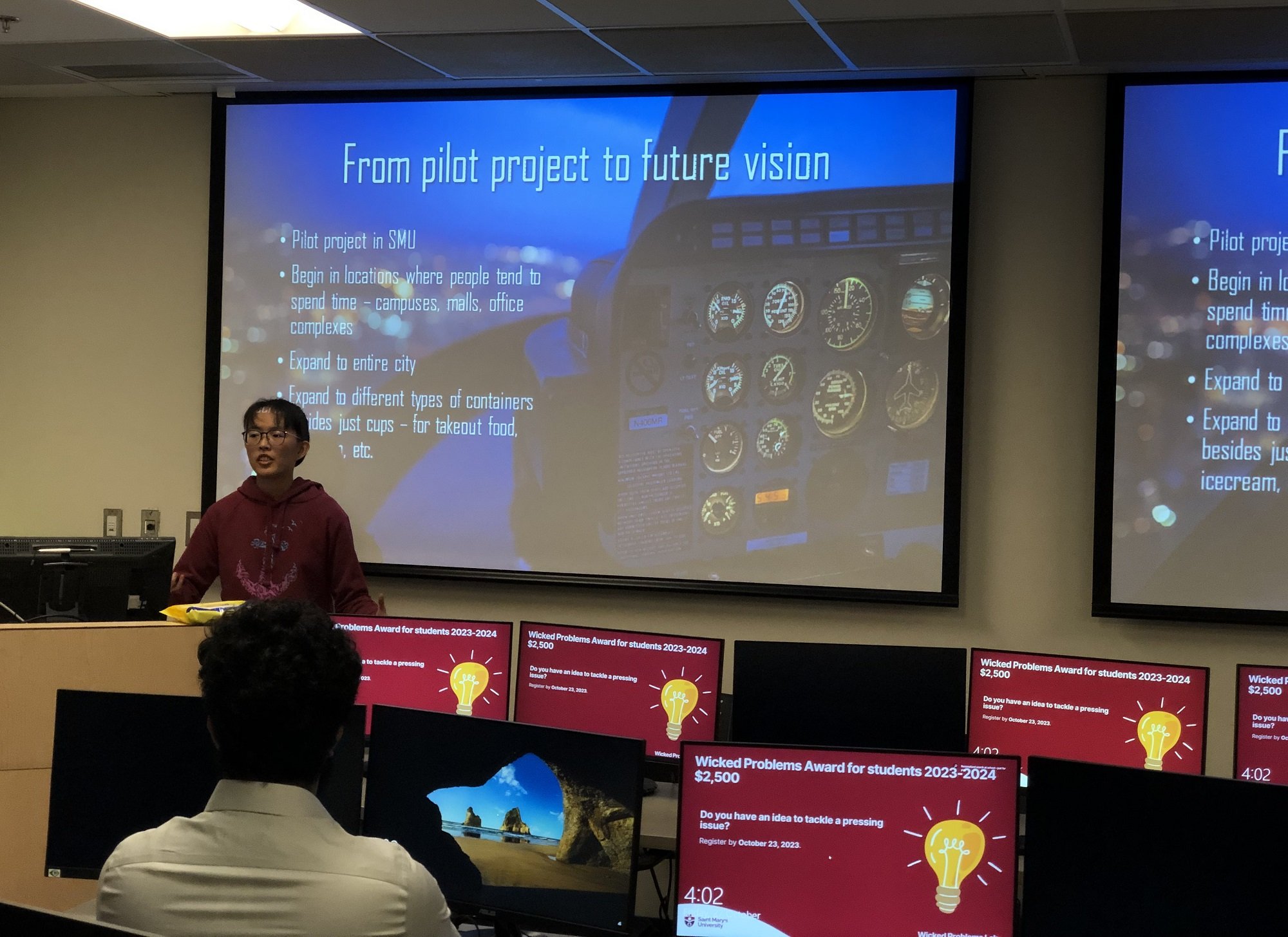
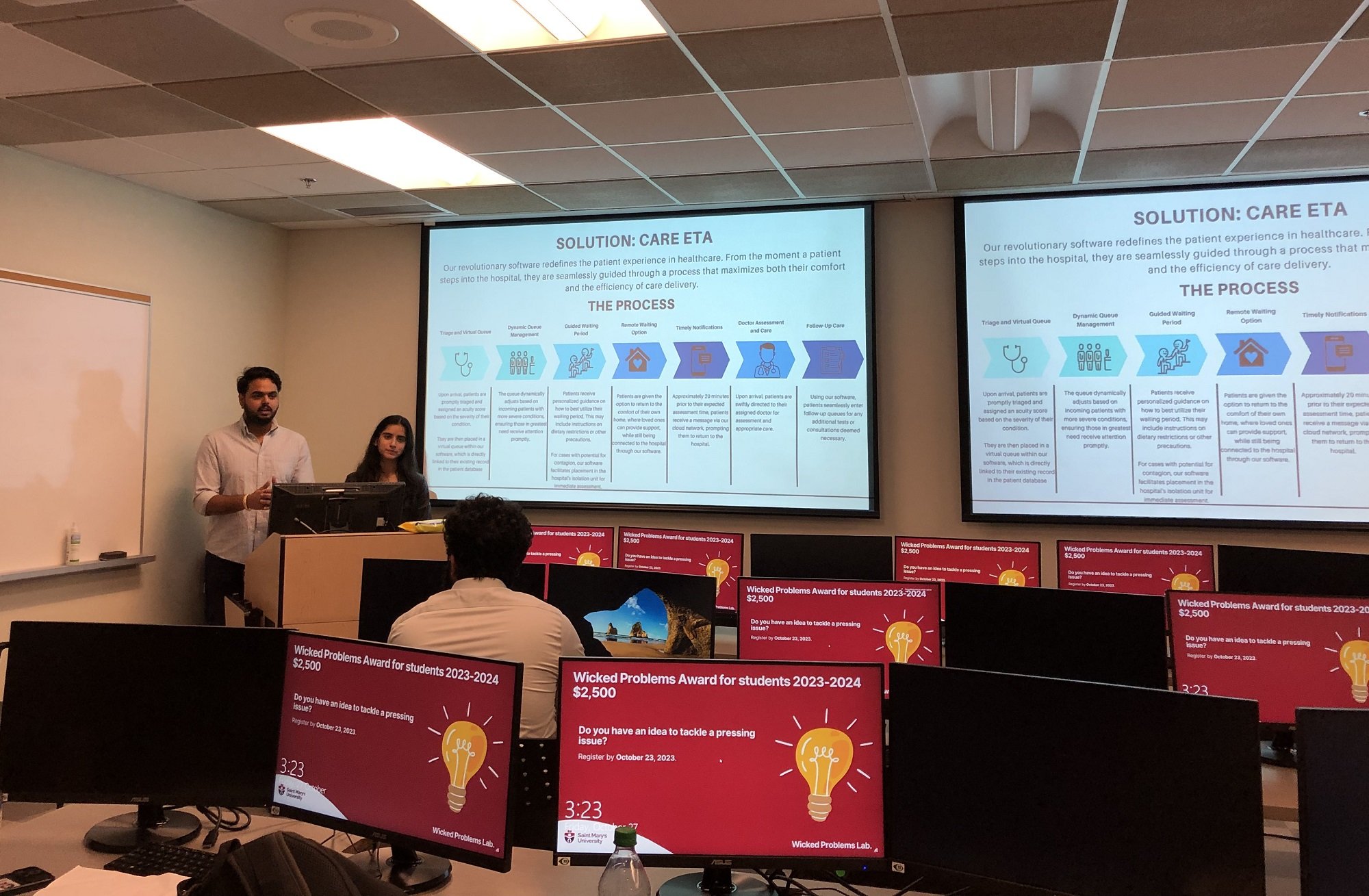

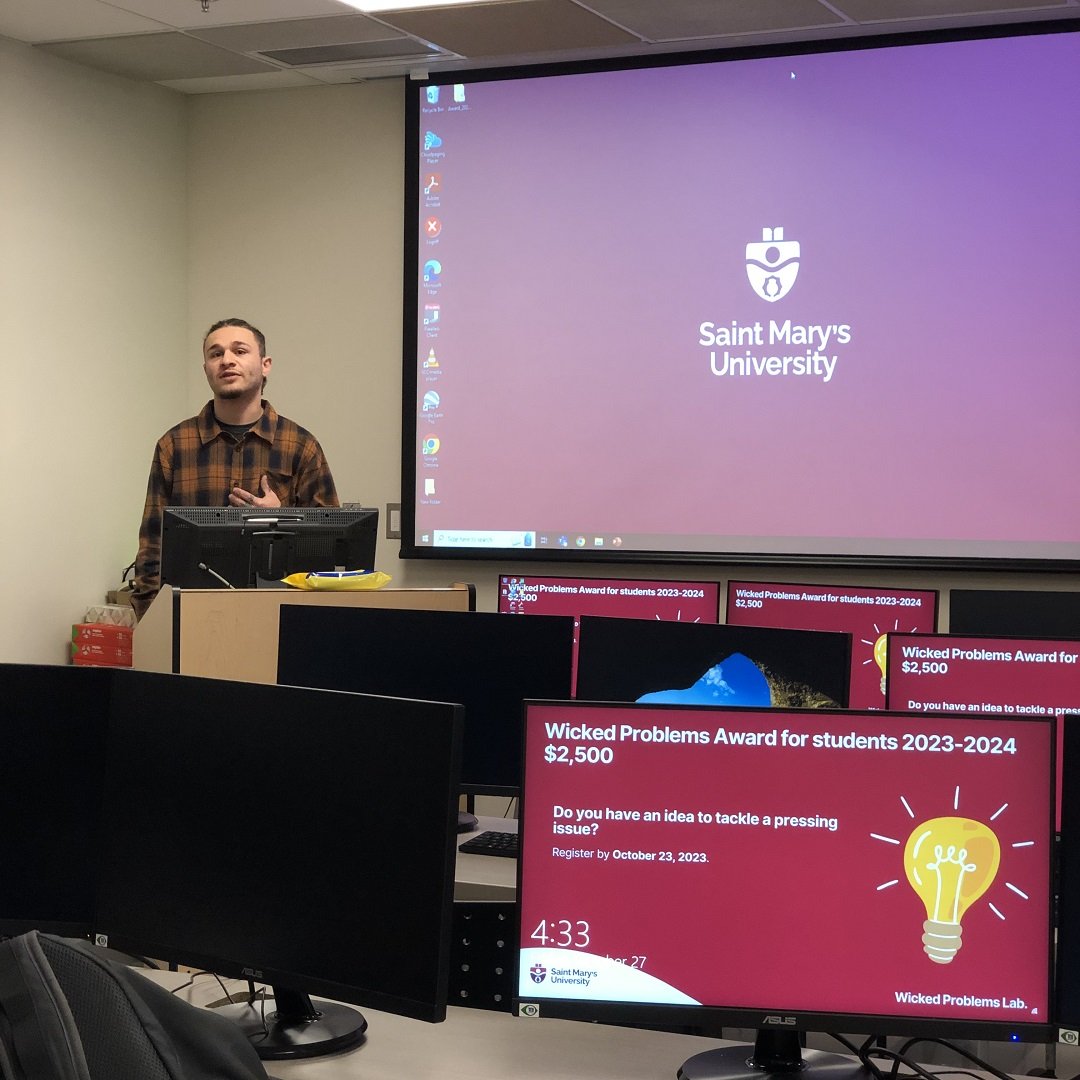
Four Saint Mary’s students are gearing up to tackle some thorny issues in health care, food security and sustainability thanks to an award program from the Wicked Problems Lab.
Now in its second year, the LeaderVision Atlantic Wicked Problems Lab Awards (sponsored by SMU alumnus Douglas Coll BComm’89), provide $2,500 to two undergraduate students who present a compelling idea to address a challenging problem. The Wicked Problems Lab grants two additional awards of the same value to one graduate and one undergraduate student.
“Wicked problems, like poverty or climate change, are by definition almost impossible to solve because they are complex and always evolving, with no real end point,” says Dr. Mat Novak, a professor in the department of Geography and Environmental Studies and director of the Wicked Problems Lab. “But that doesn’t mean we shouldn’t work to address them. These awards inspire and encourage students to work towards solutions.” The Lab supports the students by providing data, analytical software and expertise.
Twelve projects vied for the award this year. The successful candidates began working with Drs. Novak and Matsumoto–the WPL’s Research Analyst–shortly after they were notified of their prize and will continue to develop and implement their idea this winter. Surveys, spatial analysis and census data will help inform their projects along with meeting local partners to carry out their ideas. Students will showcase their projects at the end of the term.
Congratulations to the winners:
Lydia Lee
Bachelor of Commerce, Sobey School of Business
Project: Sustainable Seconds
Sustainable Seconds aims to address food insecurity by delivering affordable and sustainable home meal kits. Using second products from local farmers and donated ingredients to create affordable and sustainable meal packages, it’s a cost-effective solution with pre-measured ingredients and easy-to-follow recipes.
Sorav Sogy
Bachelor of Commerce, Sobey School of Business
Project: CARE ETA
Sorav Sogy, along with fellow BComm students Vaishali Sachdeva, Ishaan Singh and Aarav Sen Mehta, want to tackle healthcare wait times through the development of an interactive app. CARE ETA aims to improve the experience of patients waiting in lengthy queues in emergency hospitals by implementing a real-time system that lets people stay informed about their status.
Melissa Alvarez Del Angel
Bachelor of Science, Psychology major
Project: Palm Oil Reduction and Healthier Food on Campus
Melissa Alvarez Del Angel is promoting healthier food options to the SMU campus. In response to the environmental impact of widespread palm oil production, Melissa has proposed a comprehensive strategy for reducing the use of palm oil and advocating for healthier food alternatives at SMU.
Hasib Ahmed
Master of Technology, Entrepreneurship and Innovation
Project: Wellnex
Hasib Ahmed is developing a platform to make blood collection more accessible. This project seeks to enhance urban and rural mobility by introducing a doorstep blood sample collection service facilitated by a visiting nurse/phlebotomist, eliminating the need for individuals to commute to the hospital.
About the Wicked Problems Lab
Established in 2020, the Wicked Problems Lab harnesses the power of data and advanced analysis to address the world’s wicked problems.
The lab is equipped with the latest software and curated datasets and is staffed with a full-time analyst to help address your wicked problem.
The lab offers:
One-on-one research help
Undergraduate and graduate-level problem-based learning activities
Workshops, seminars and group training
Self-directed tutorials for data and software, including GIS
Community-research help assistance

